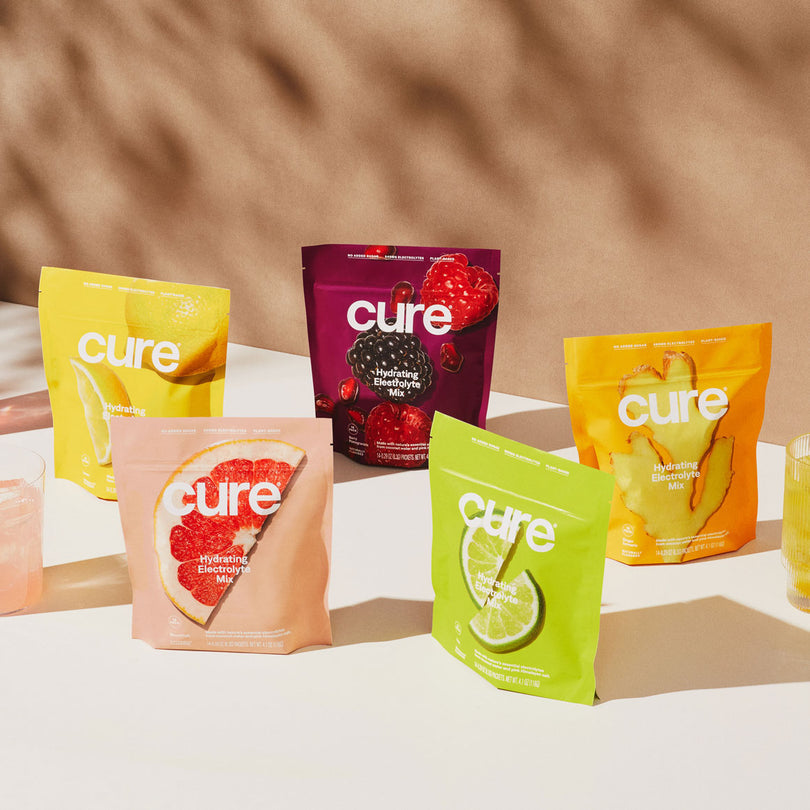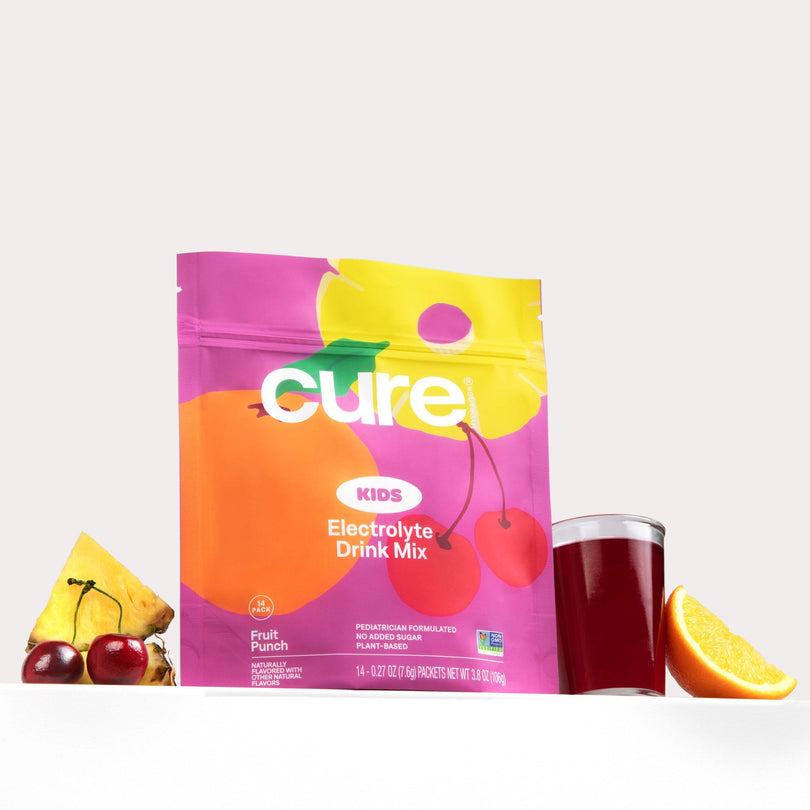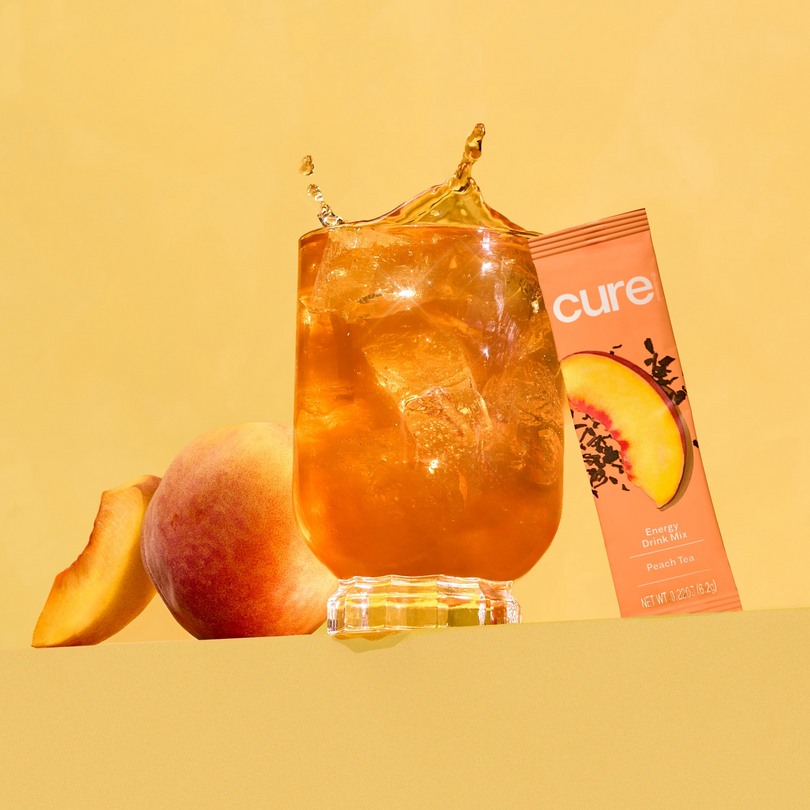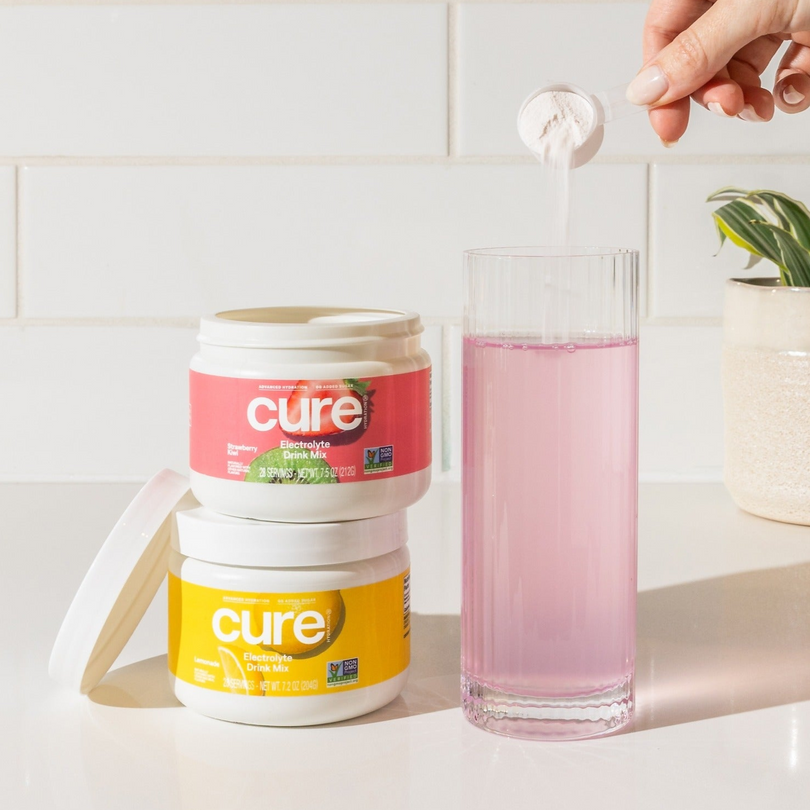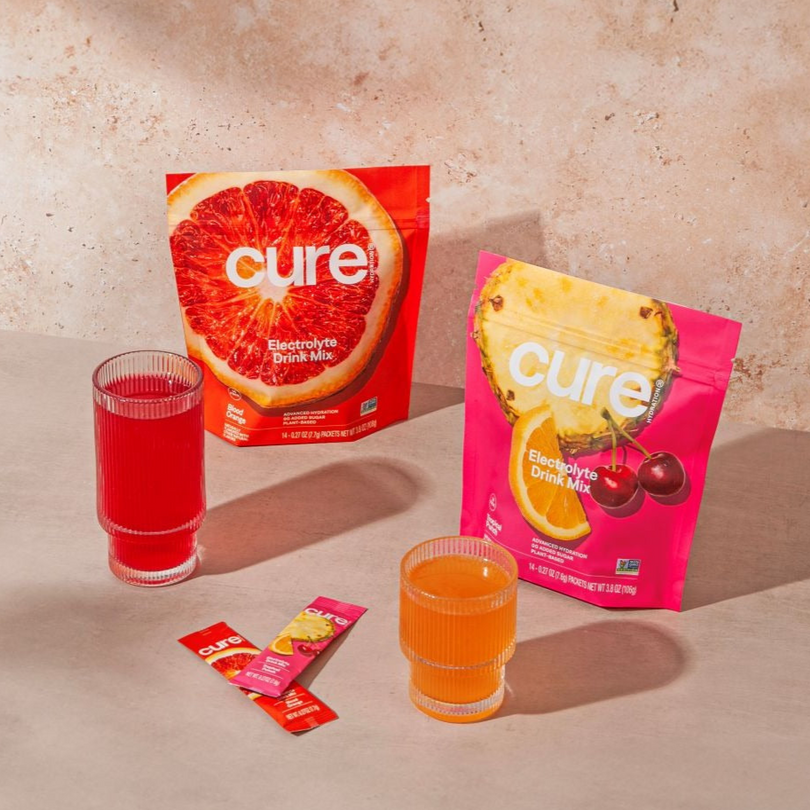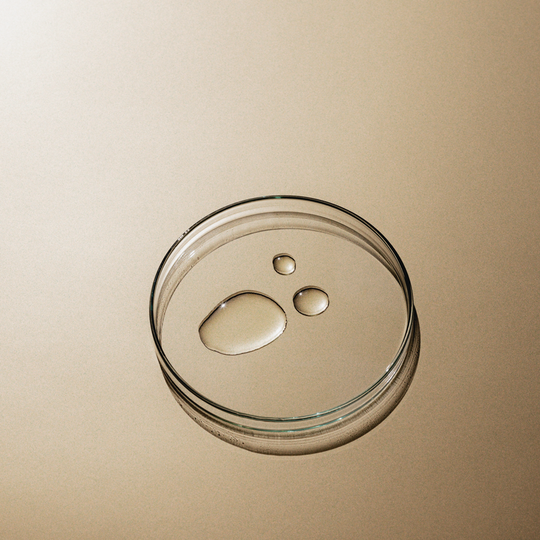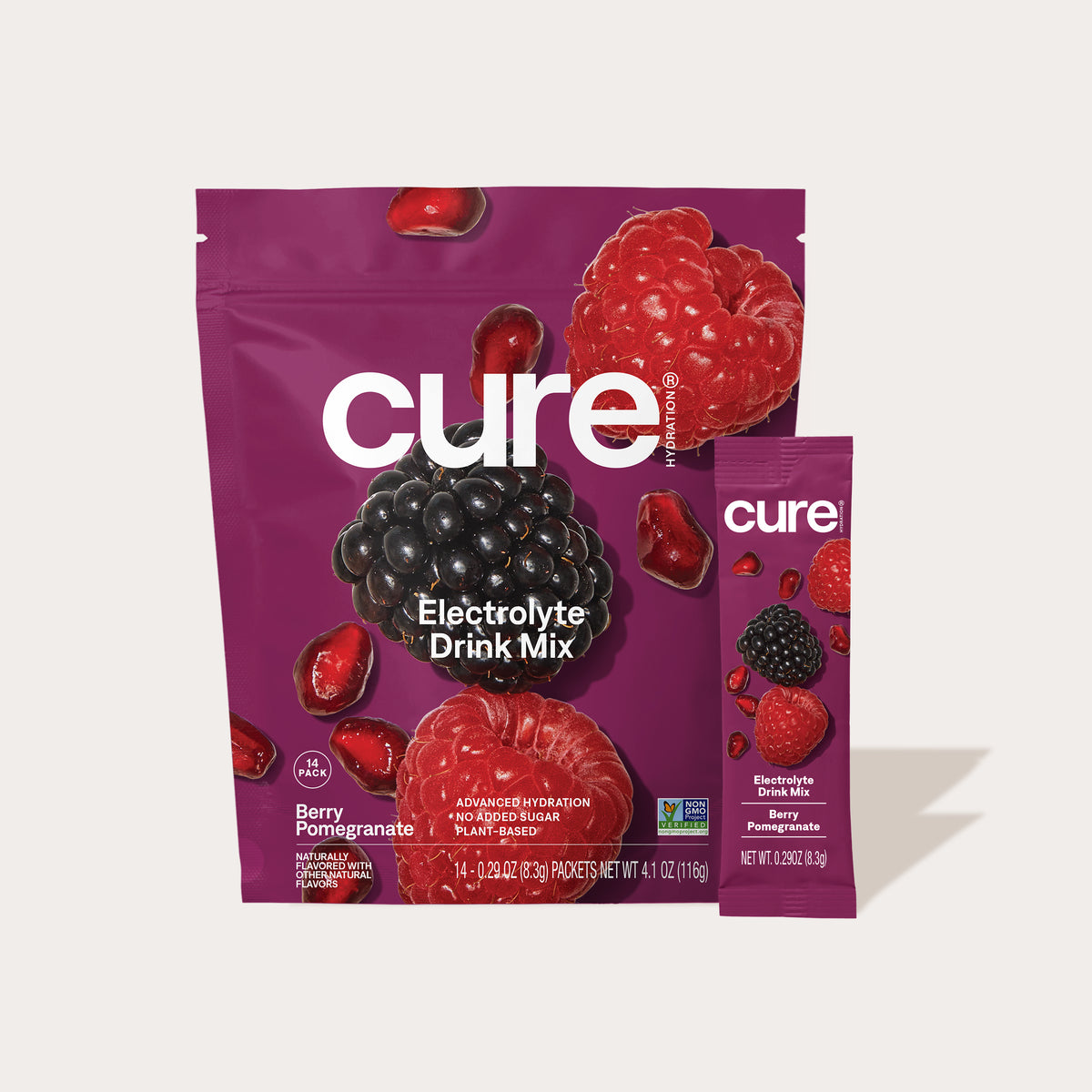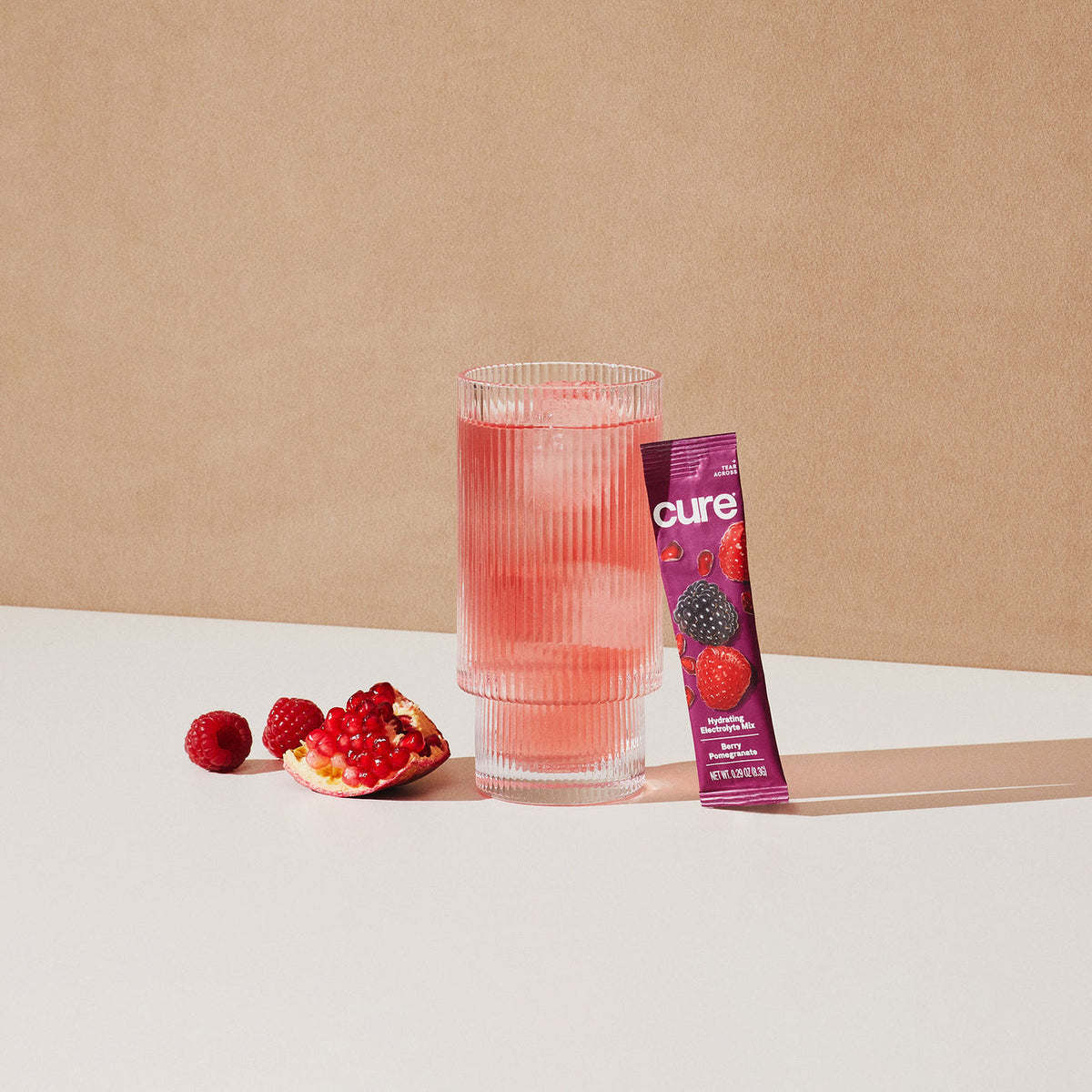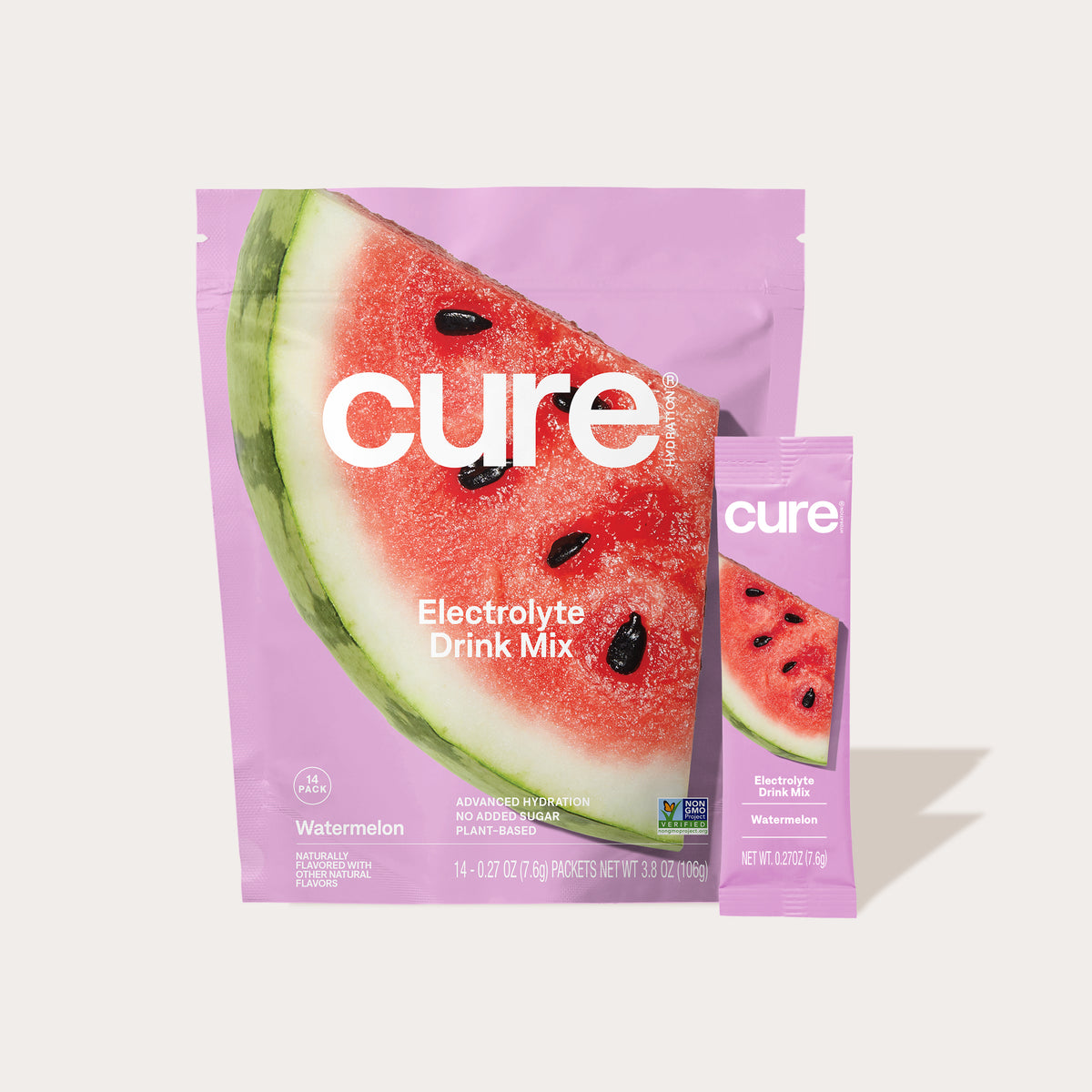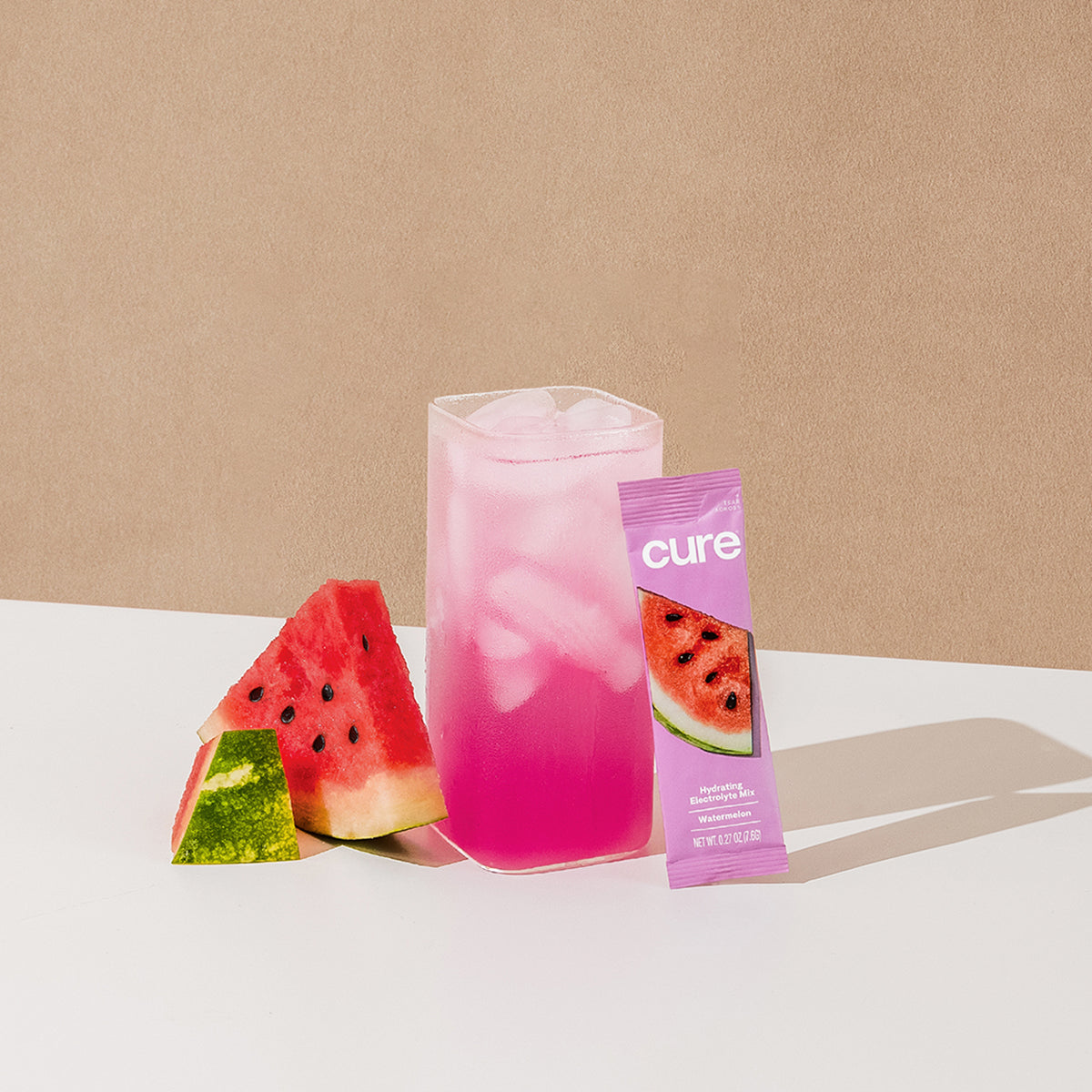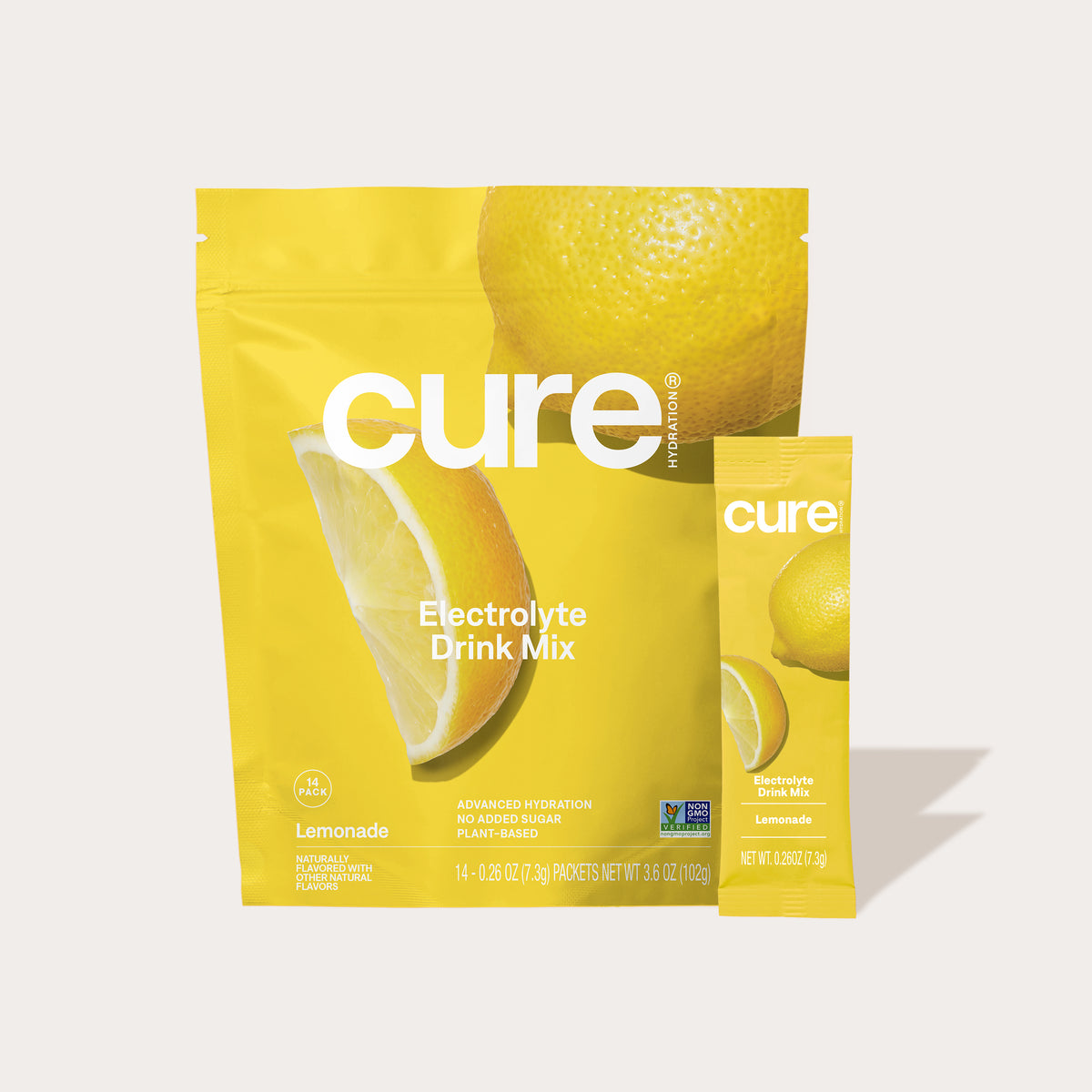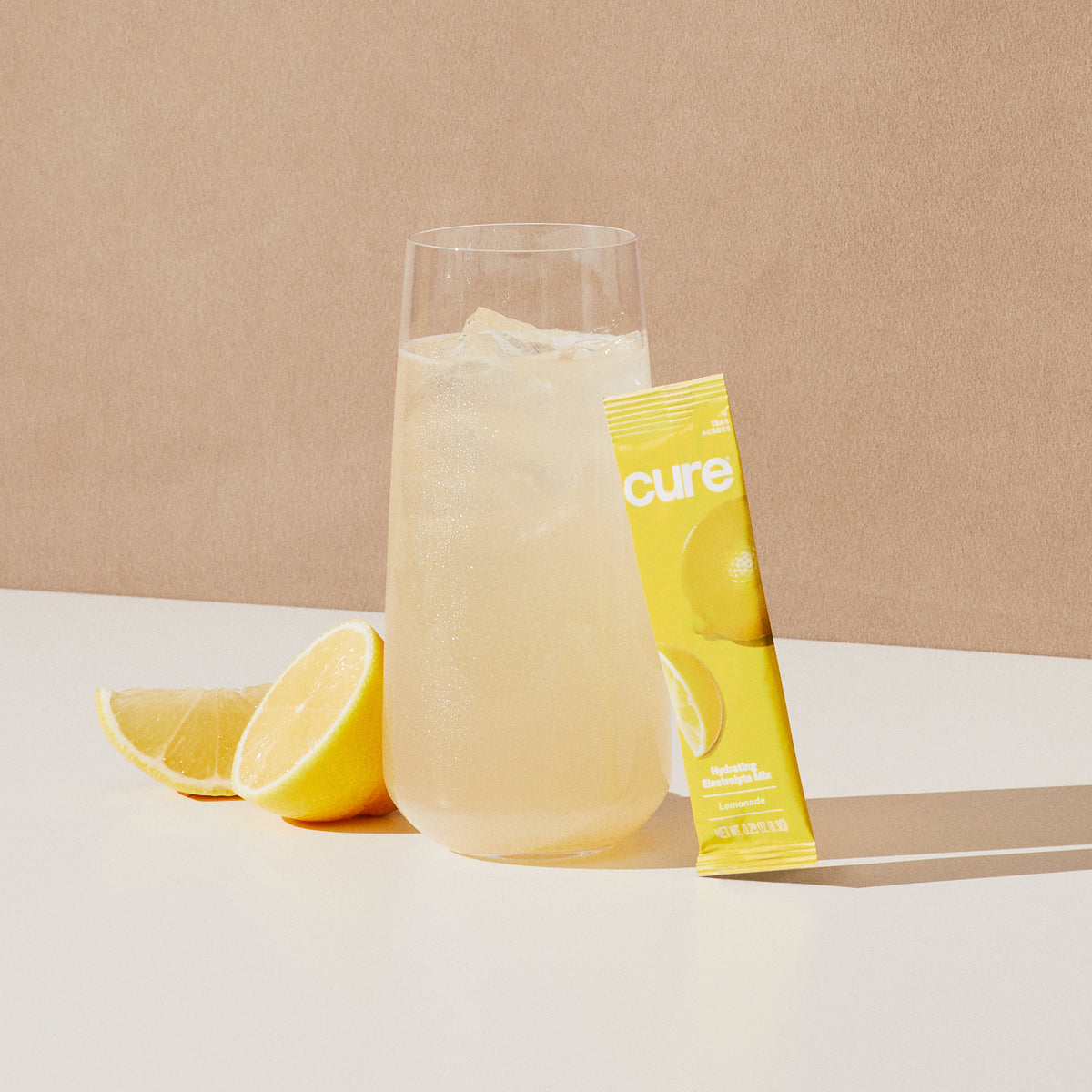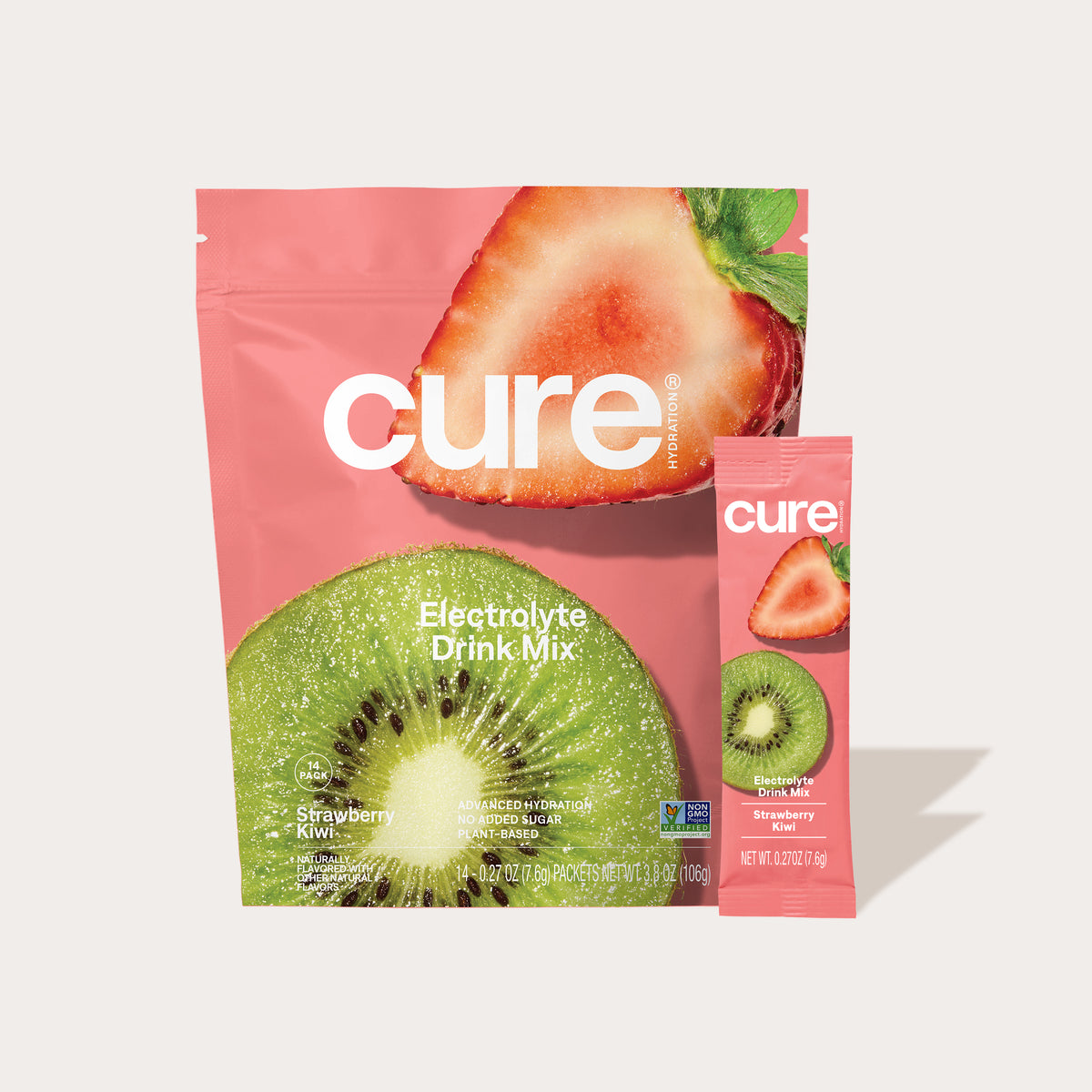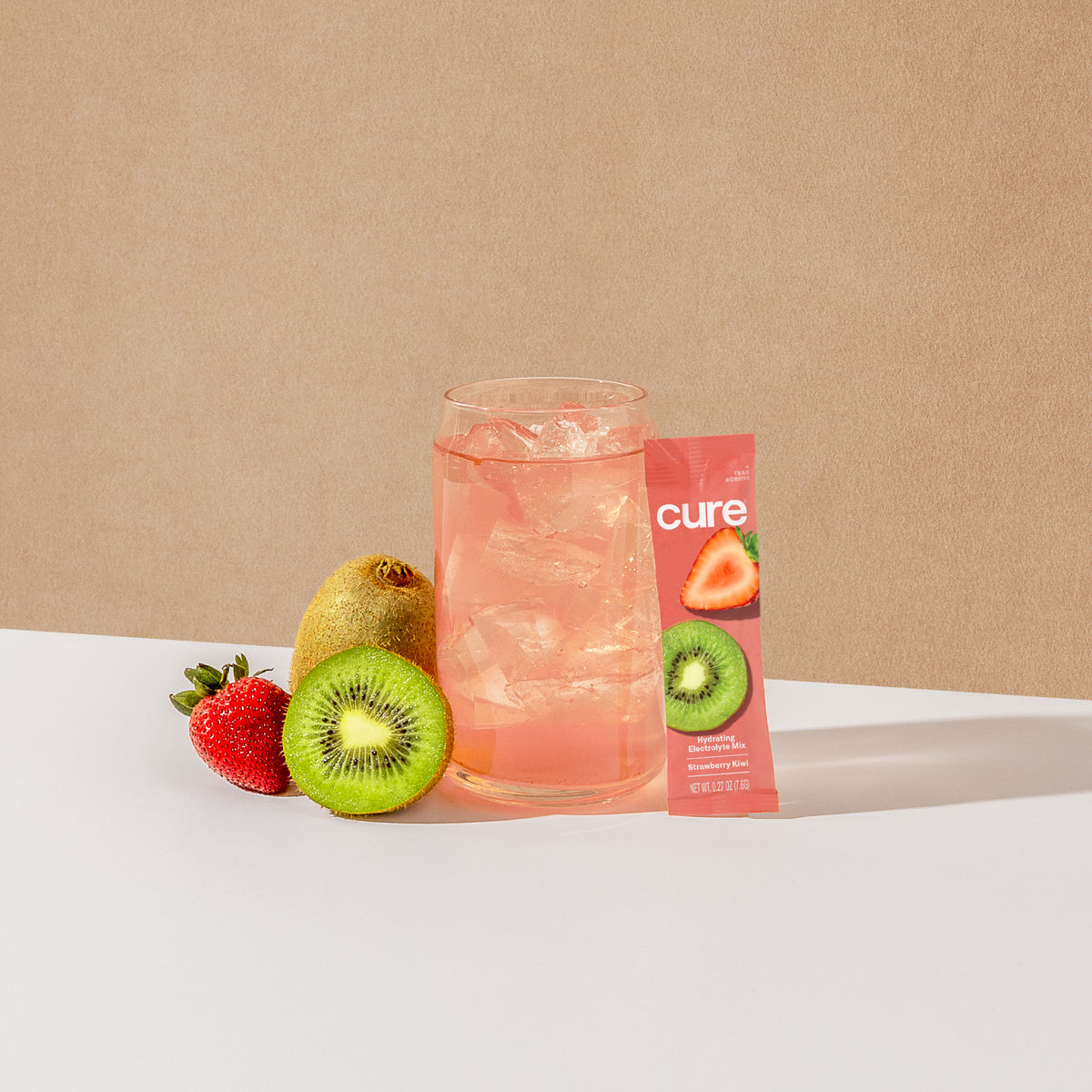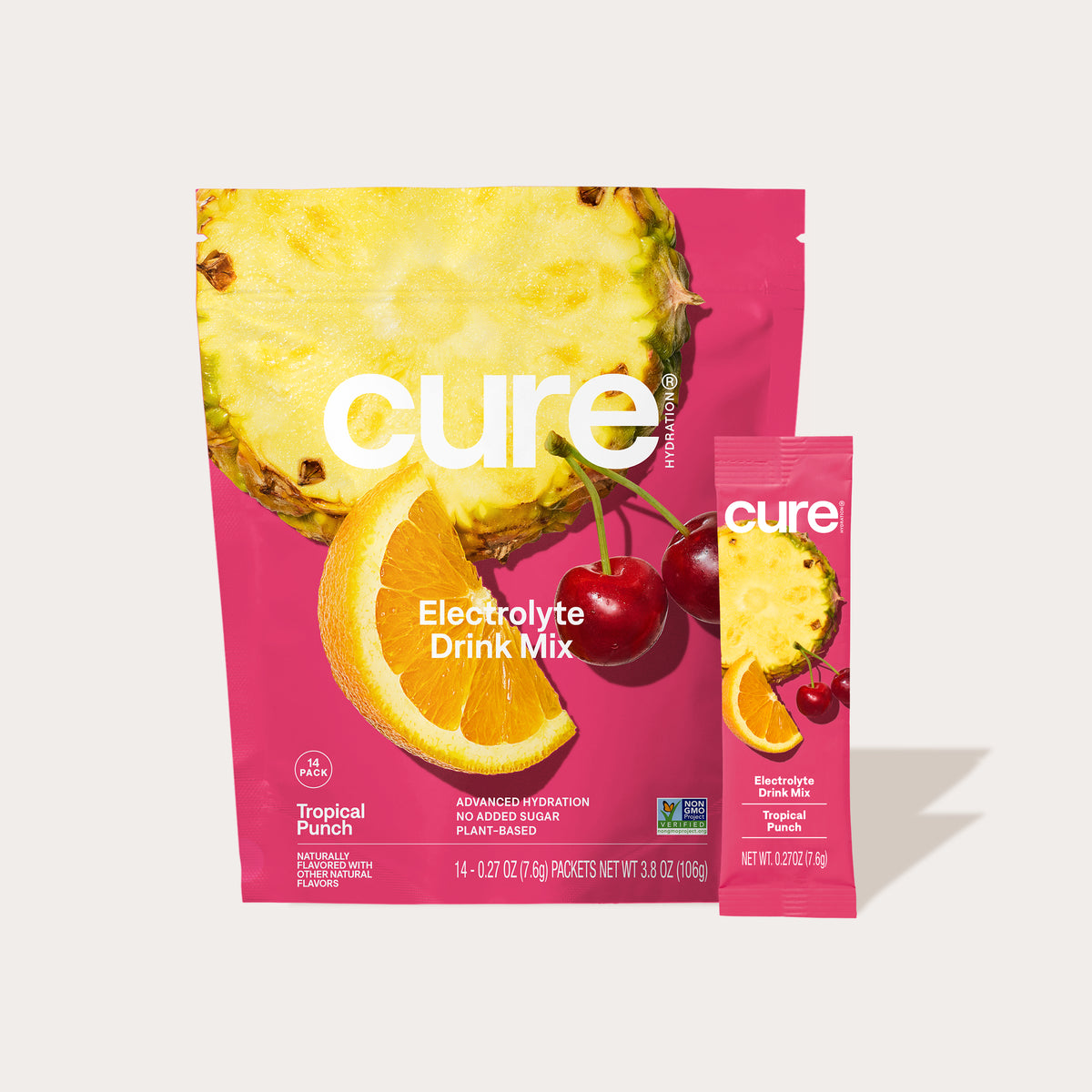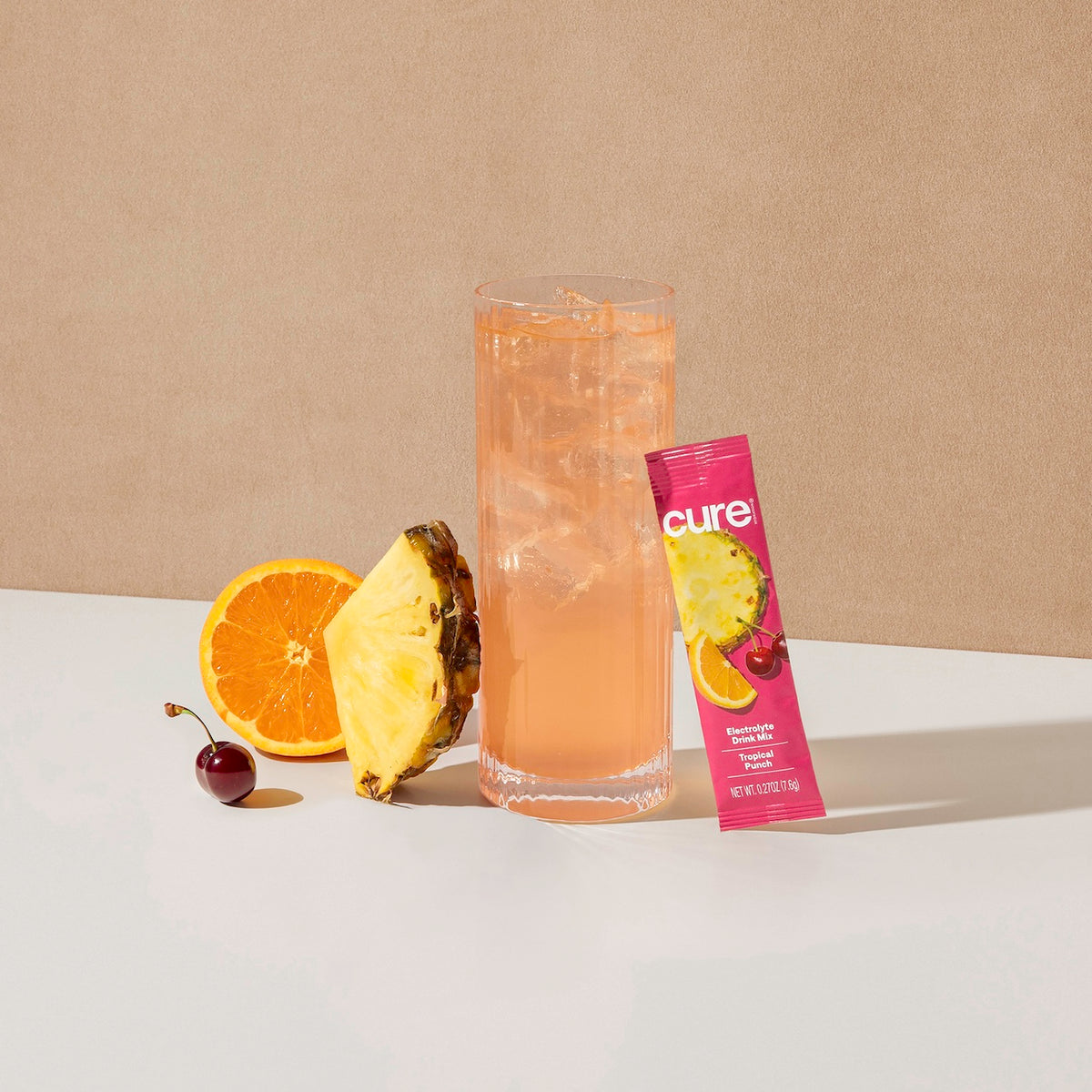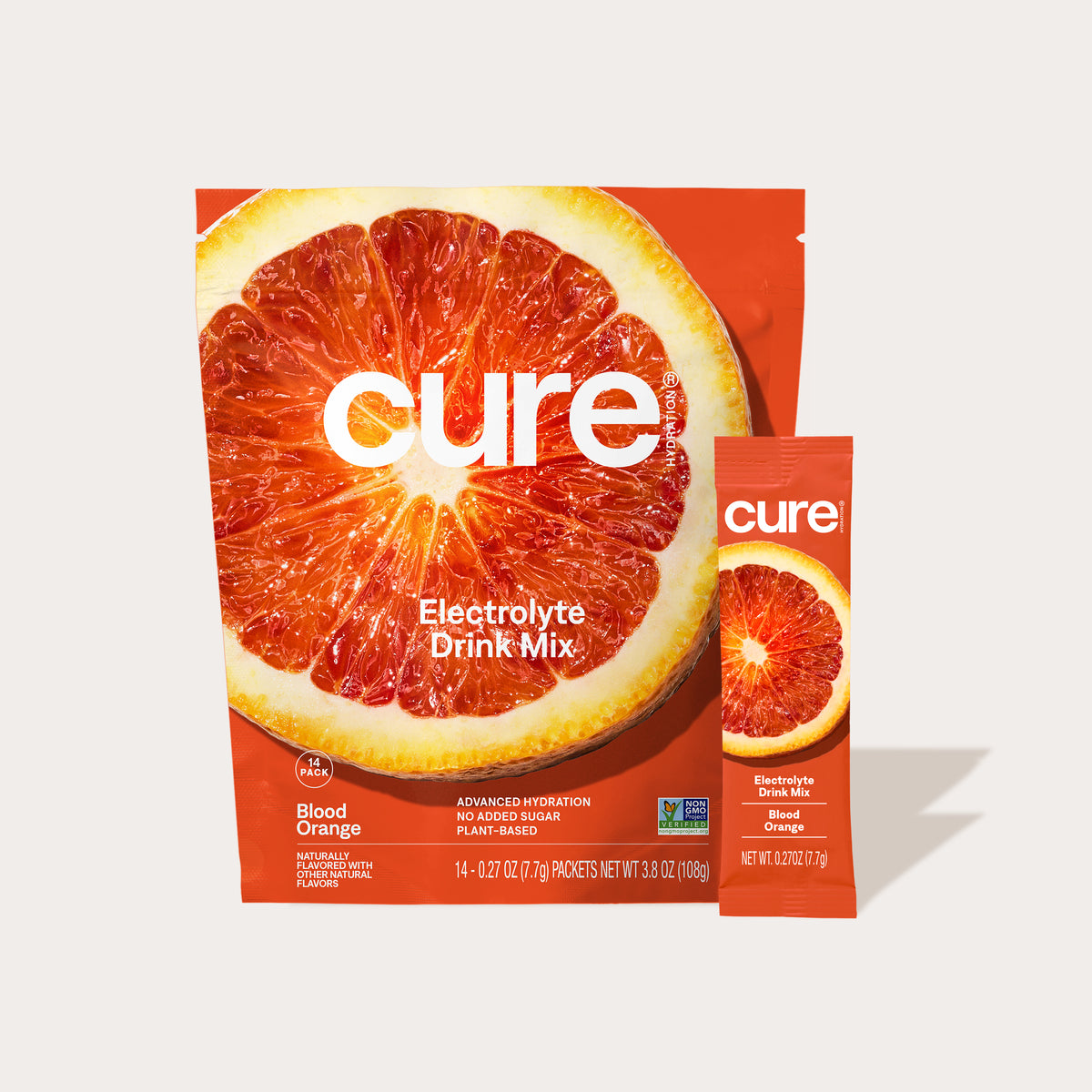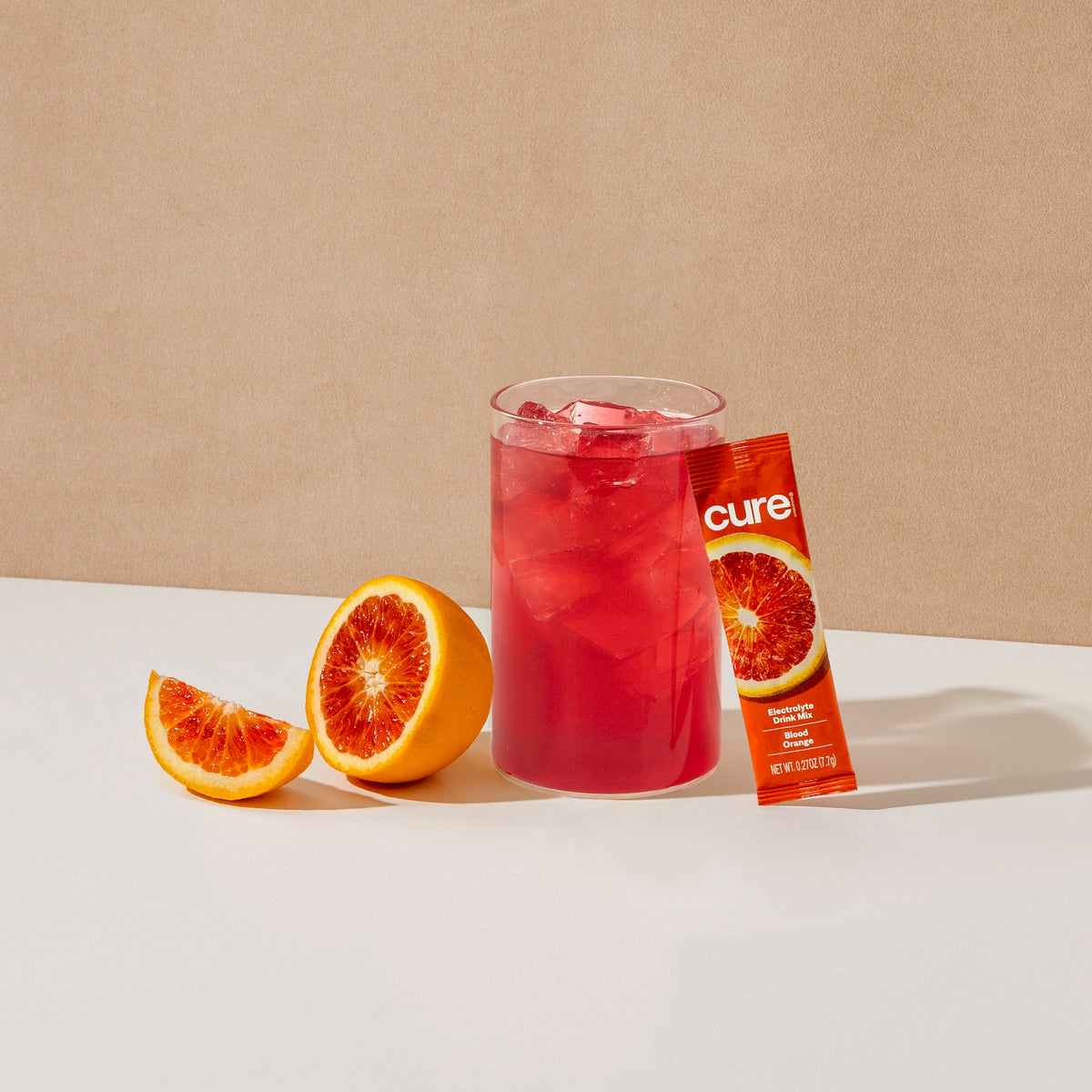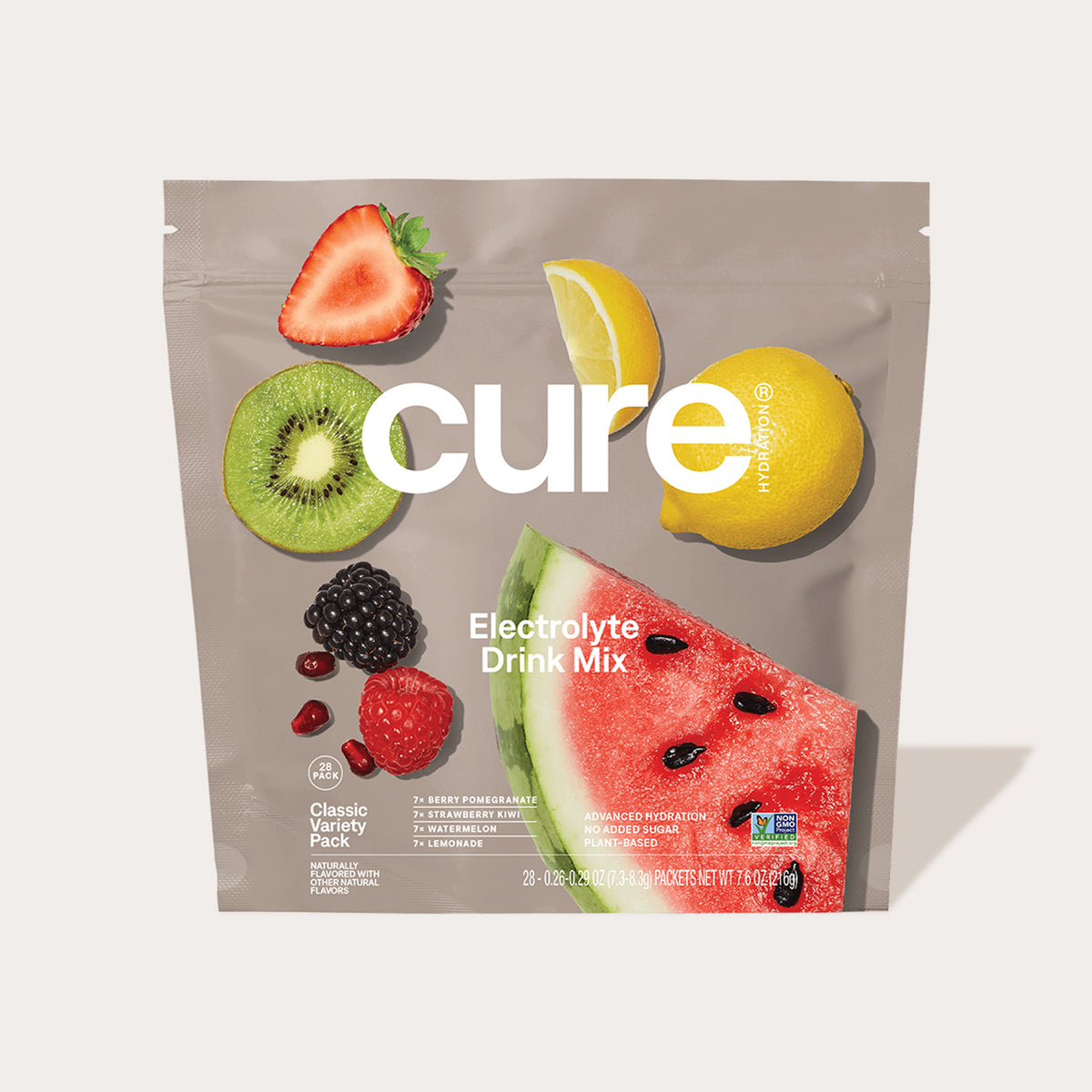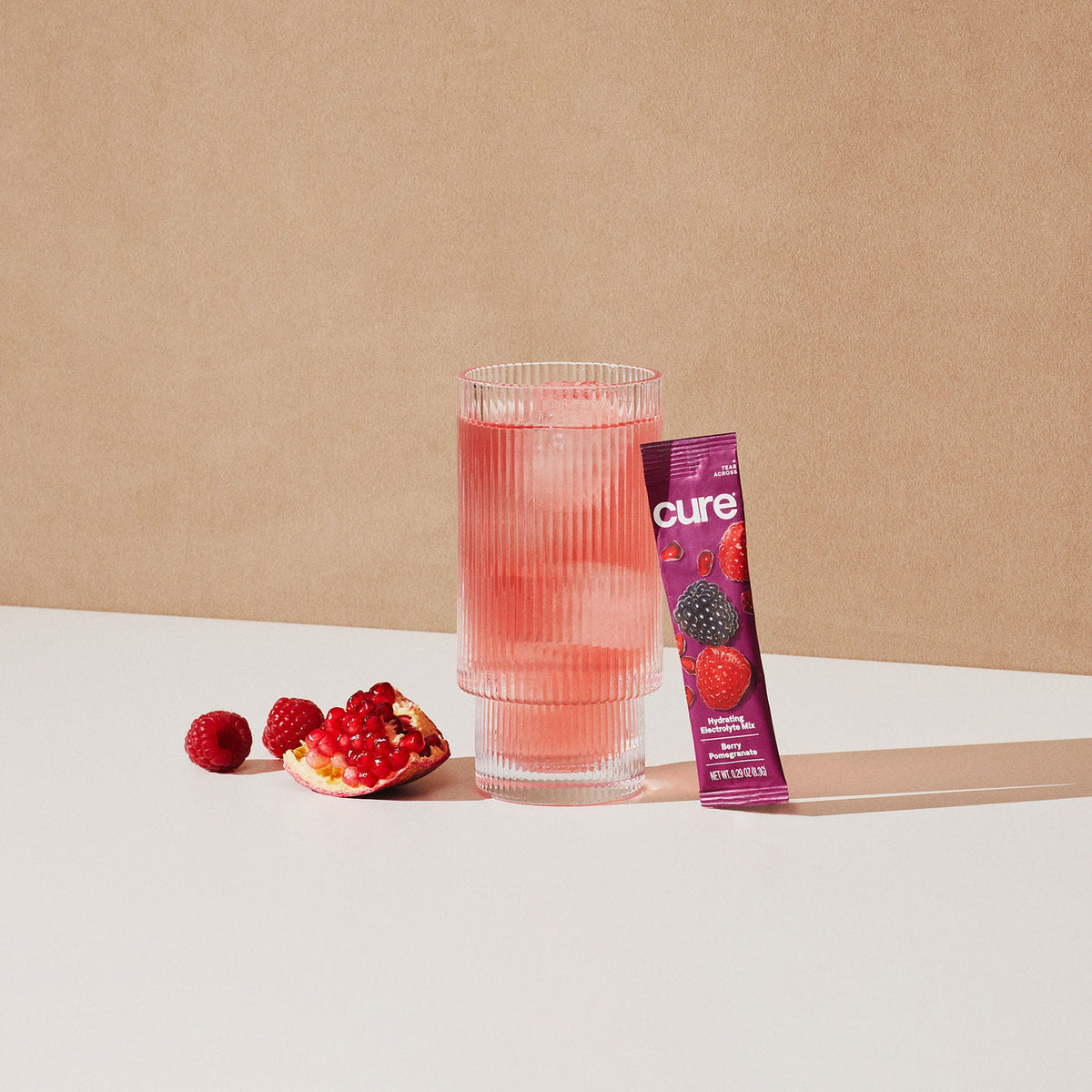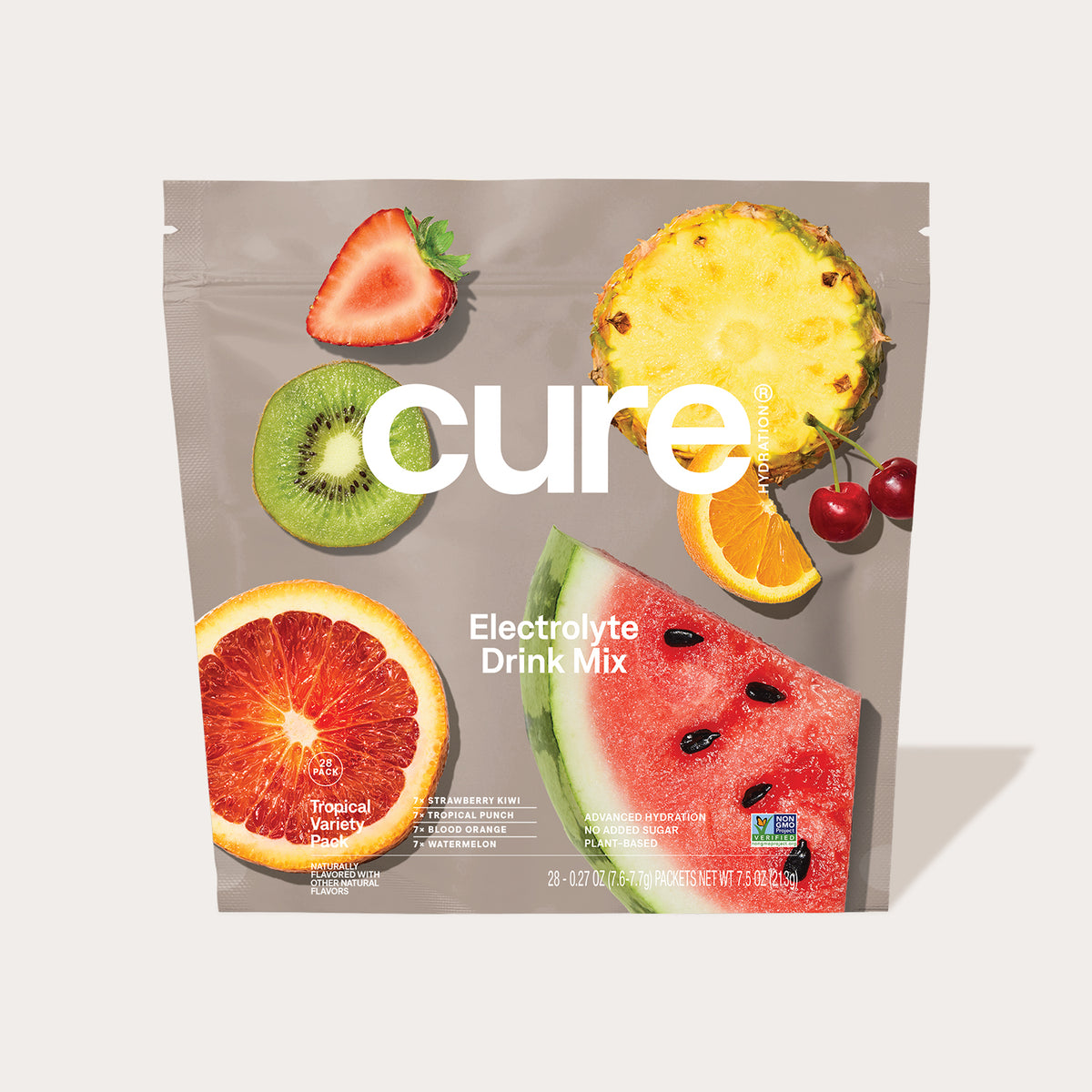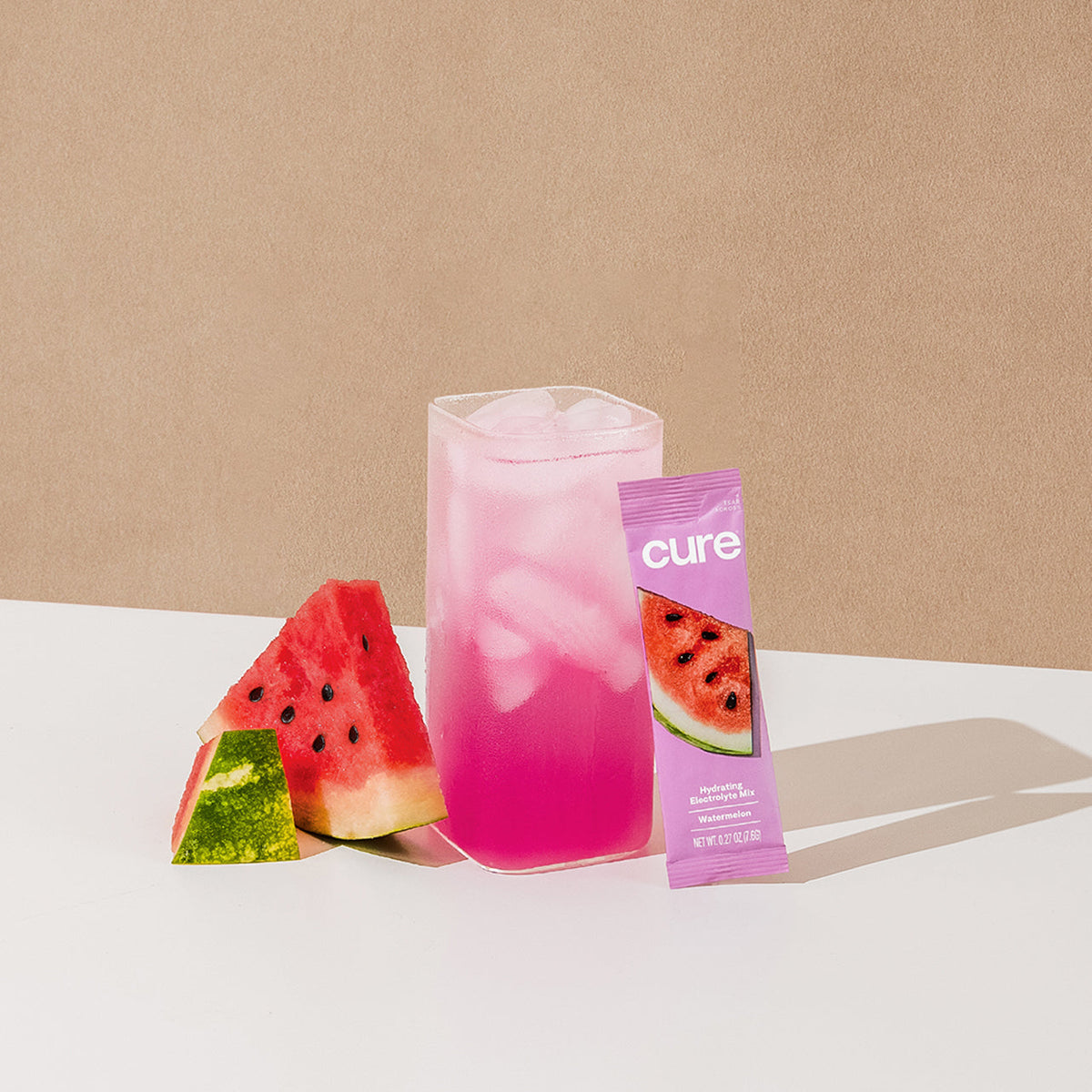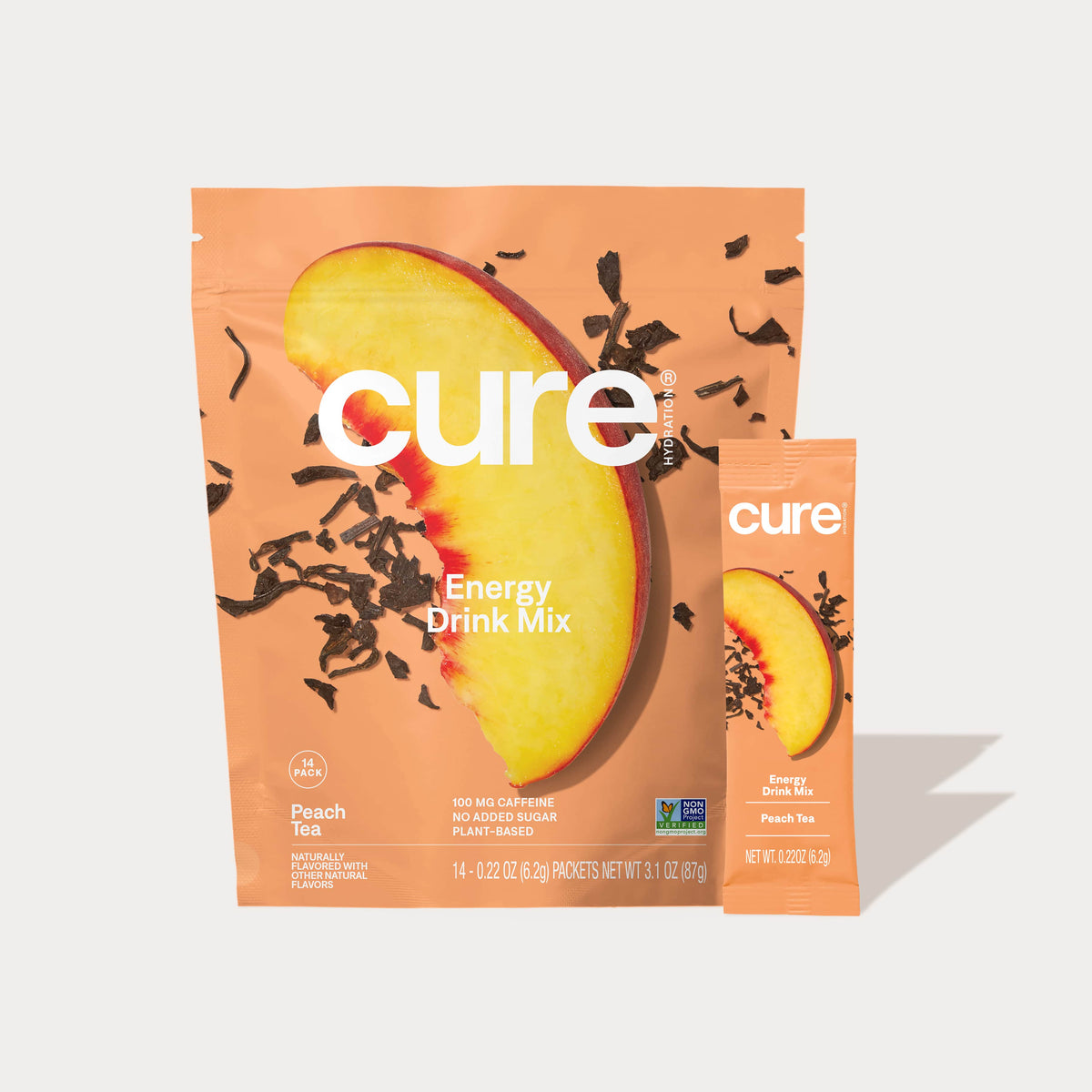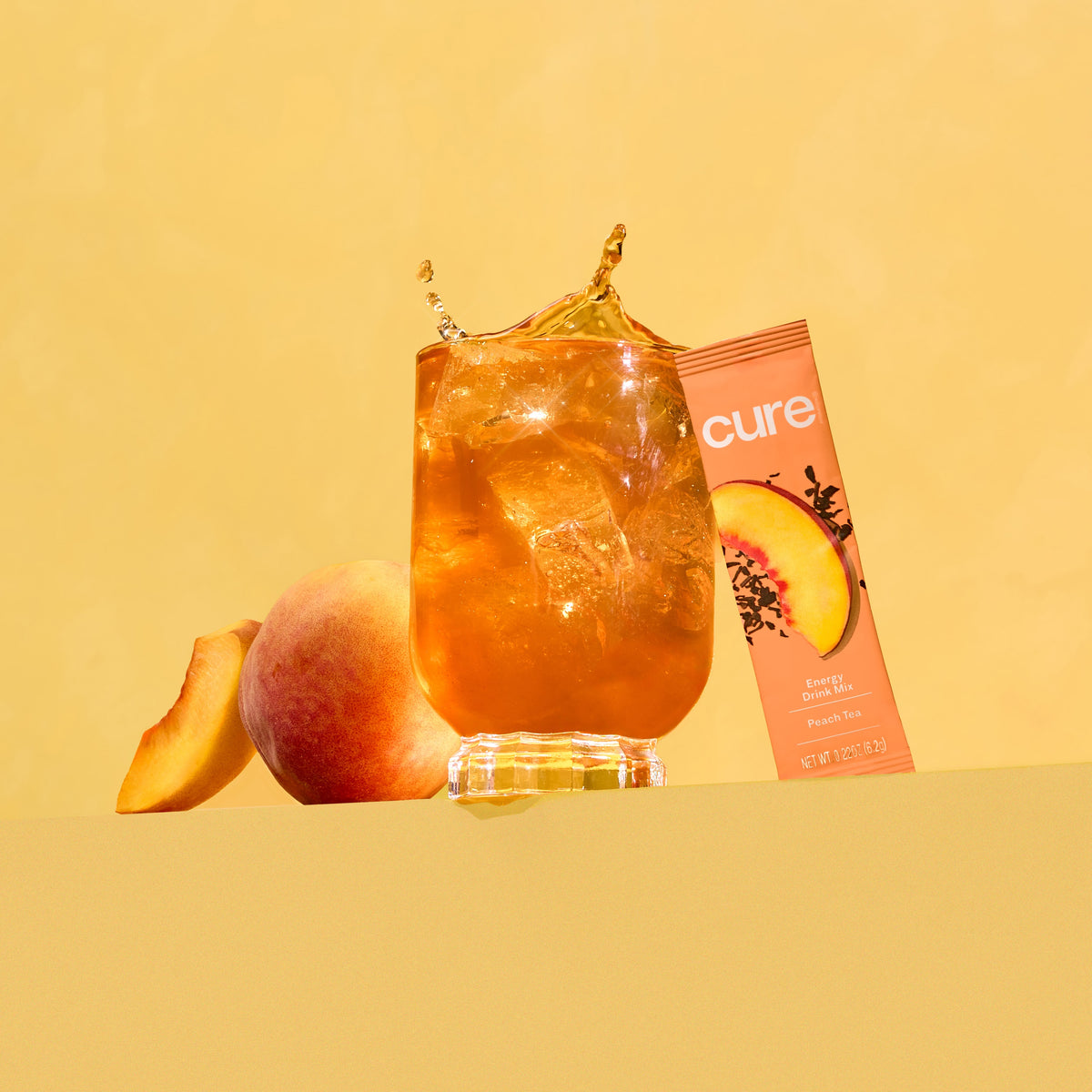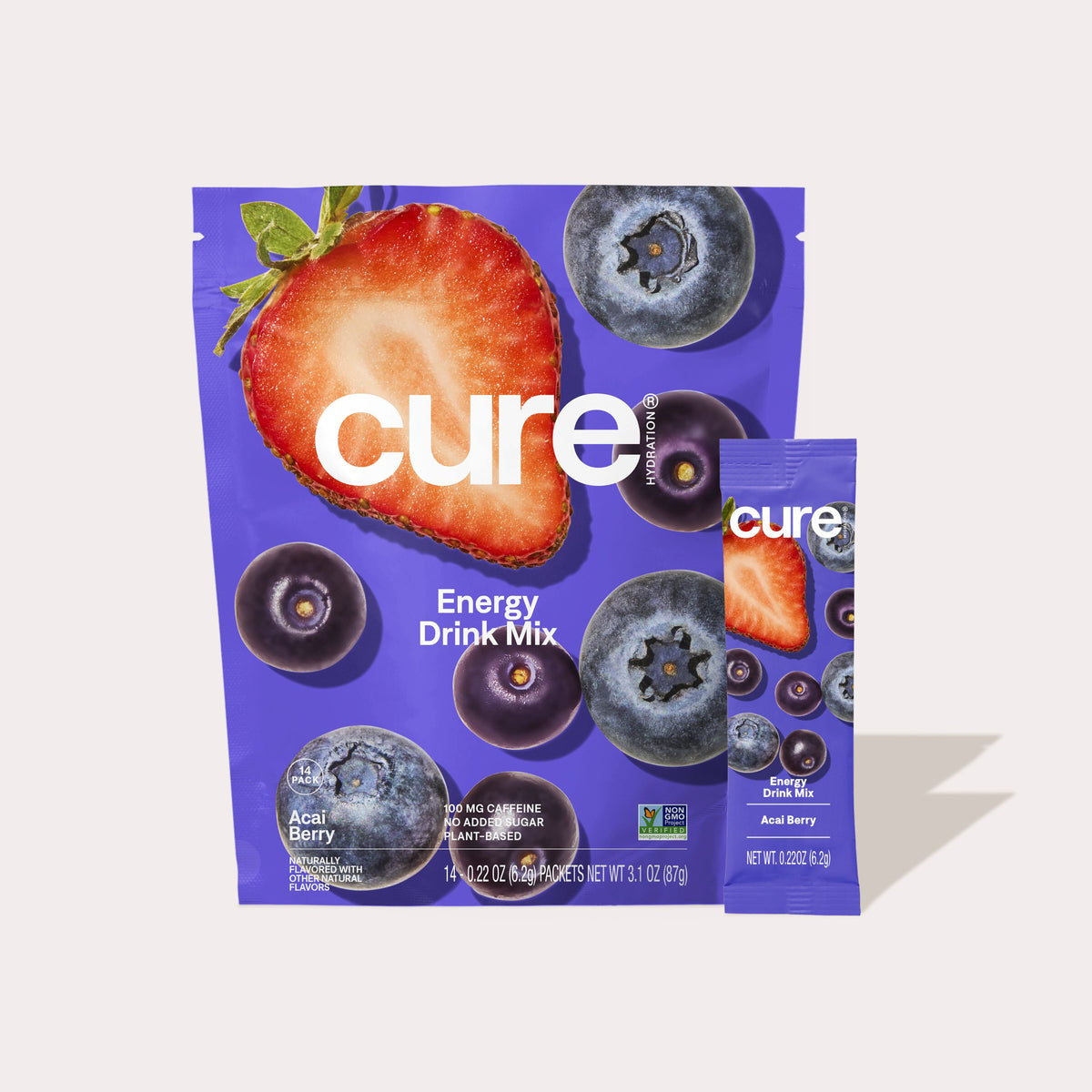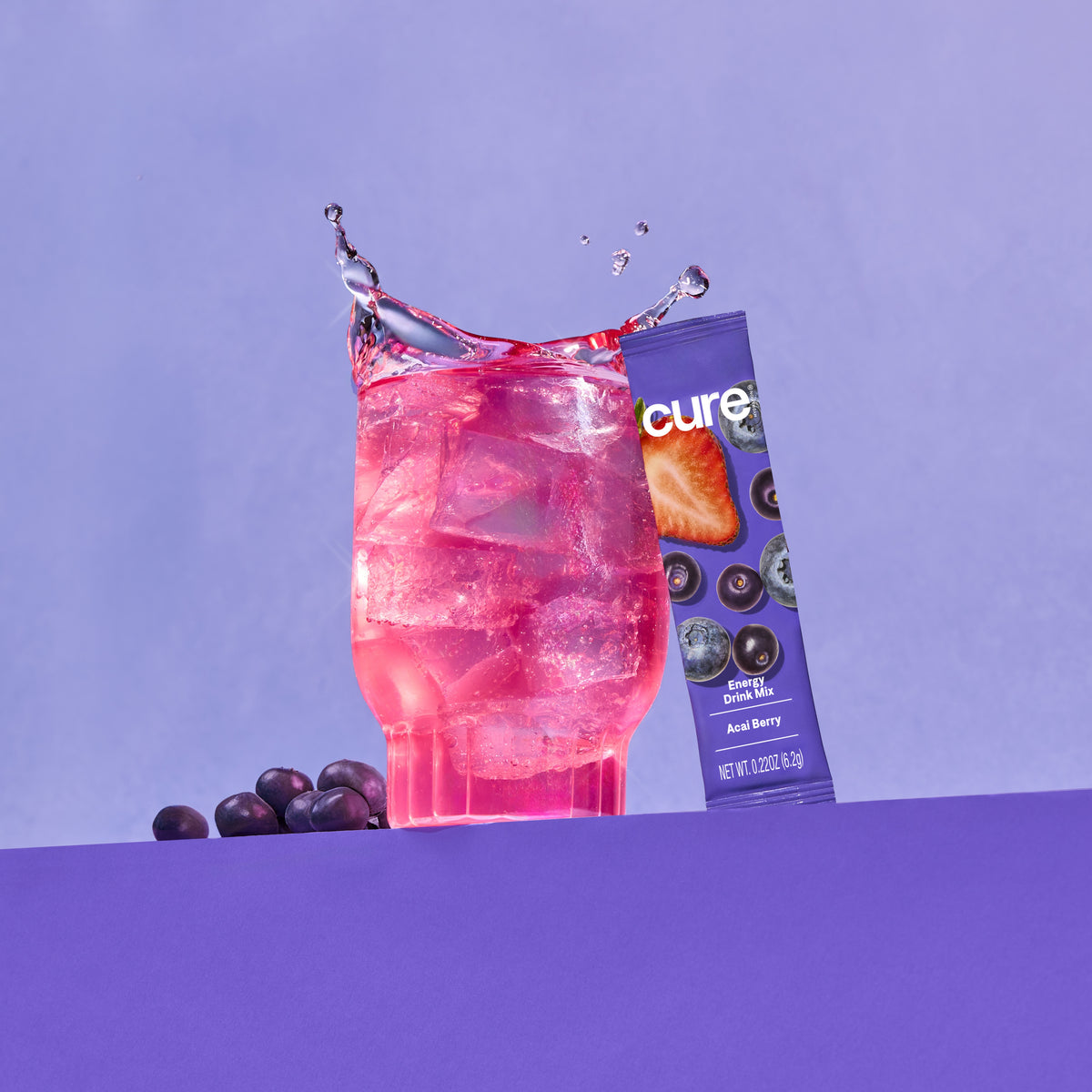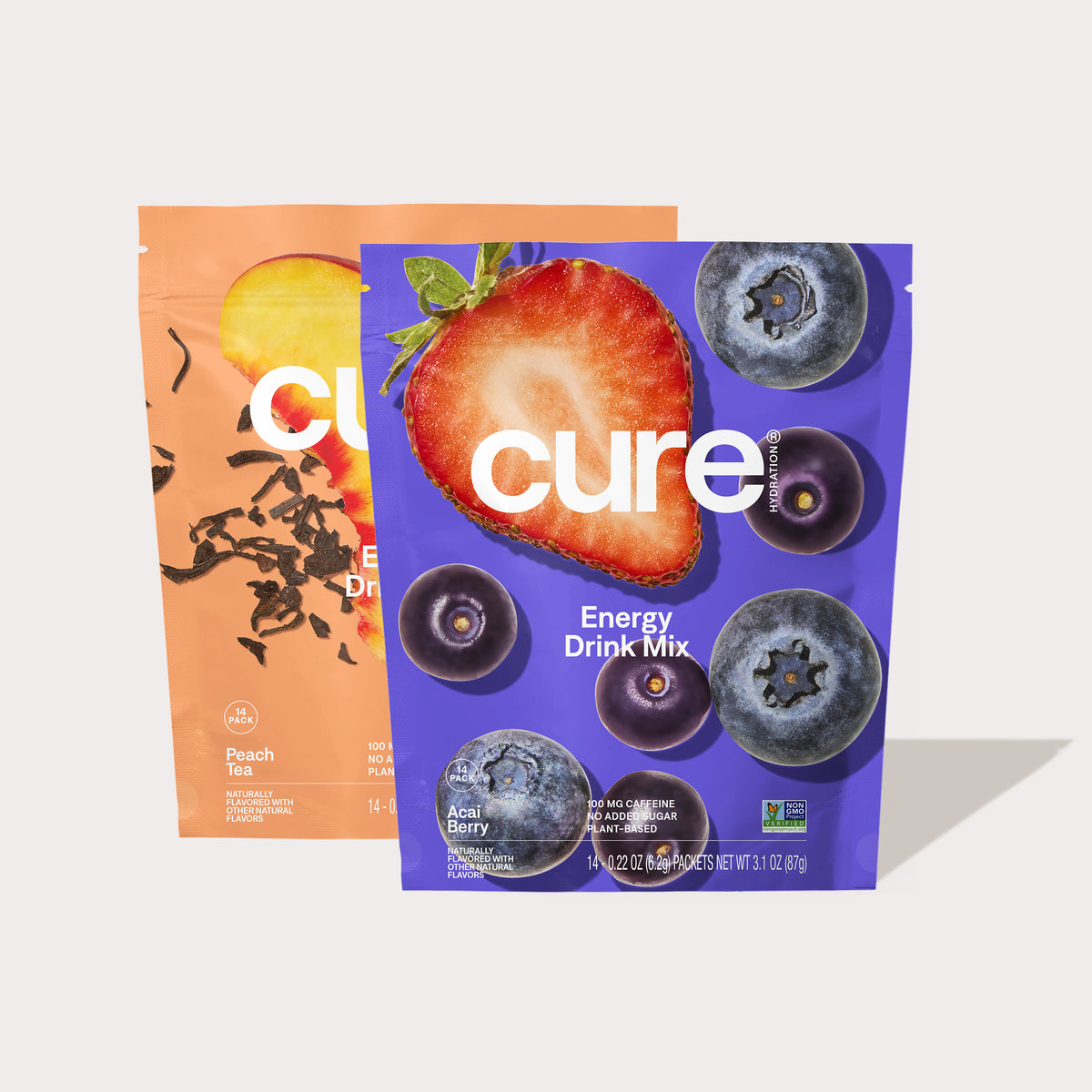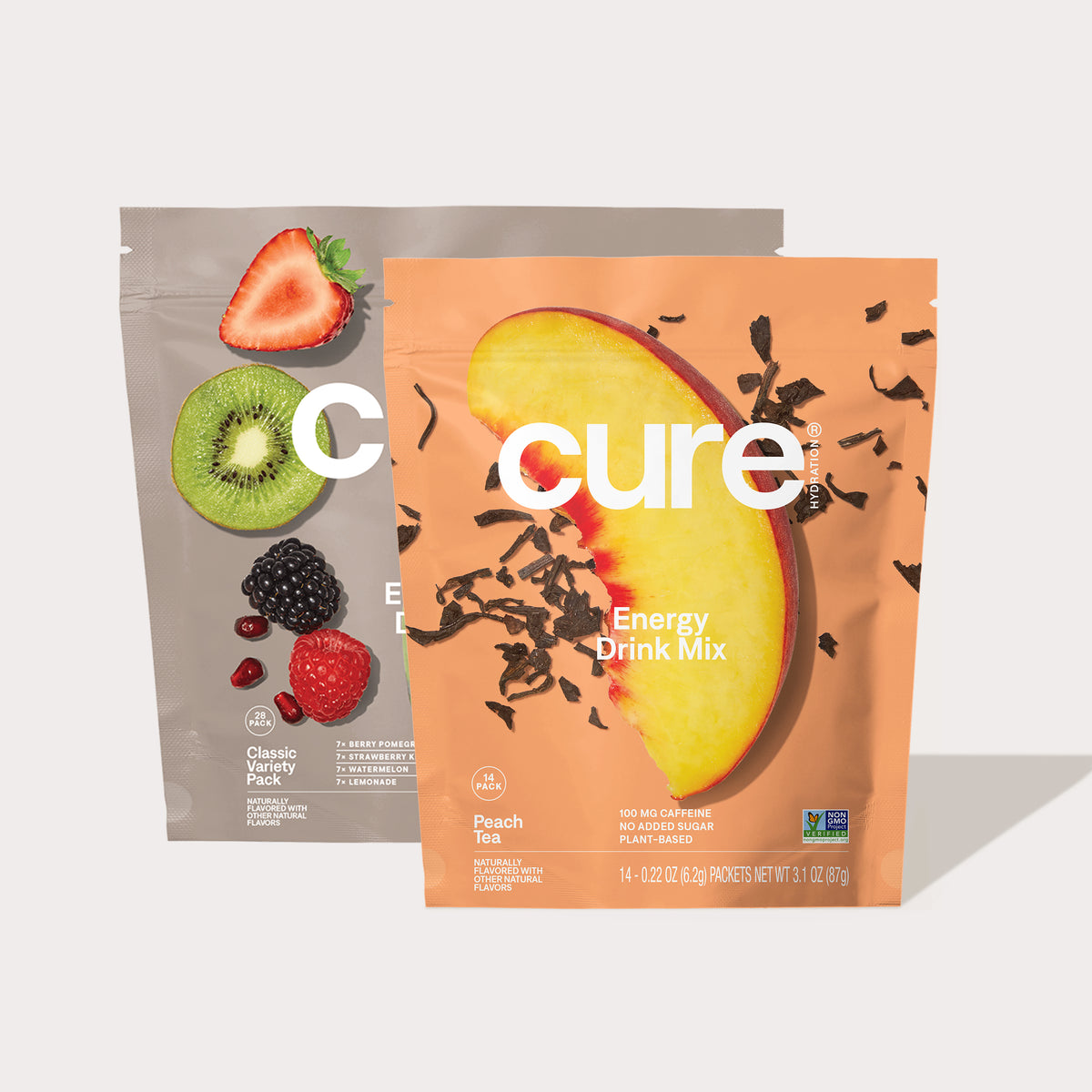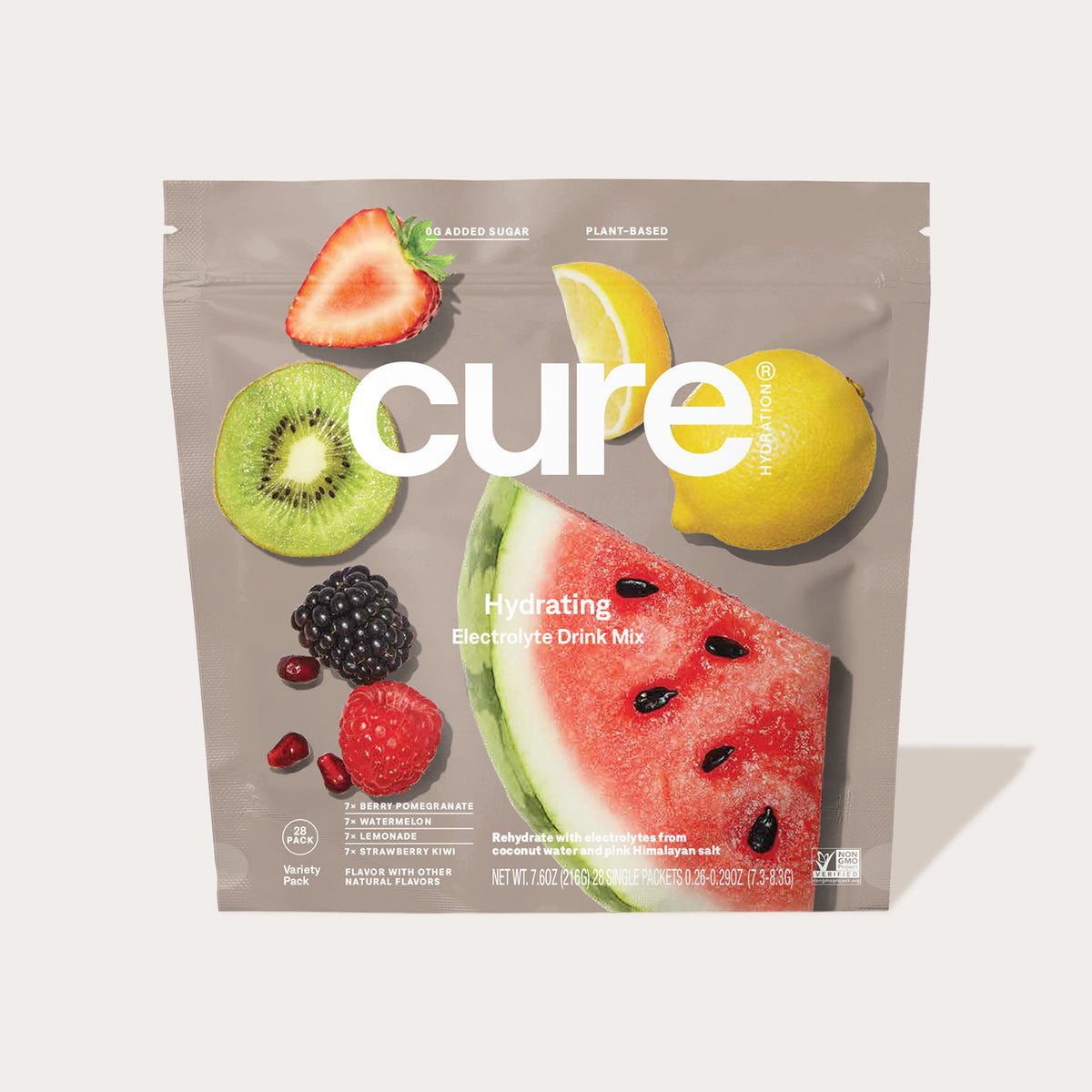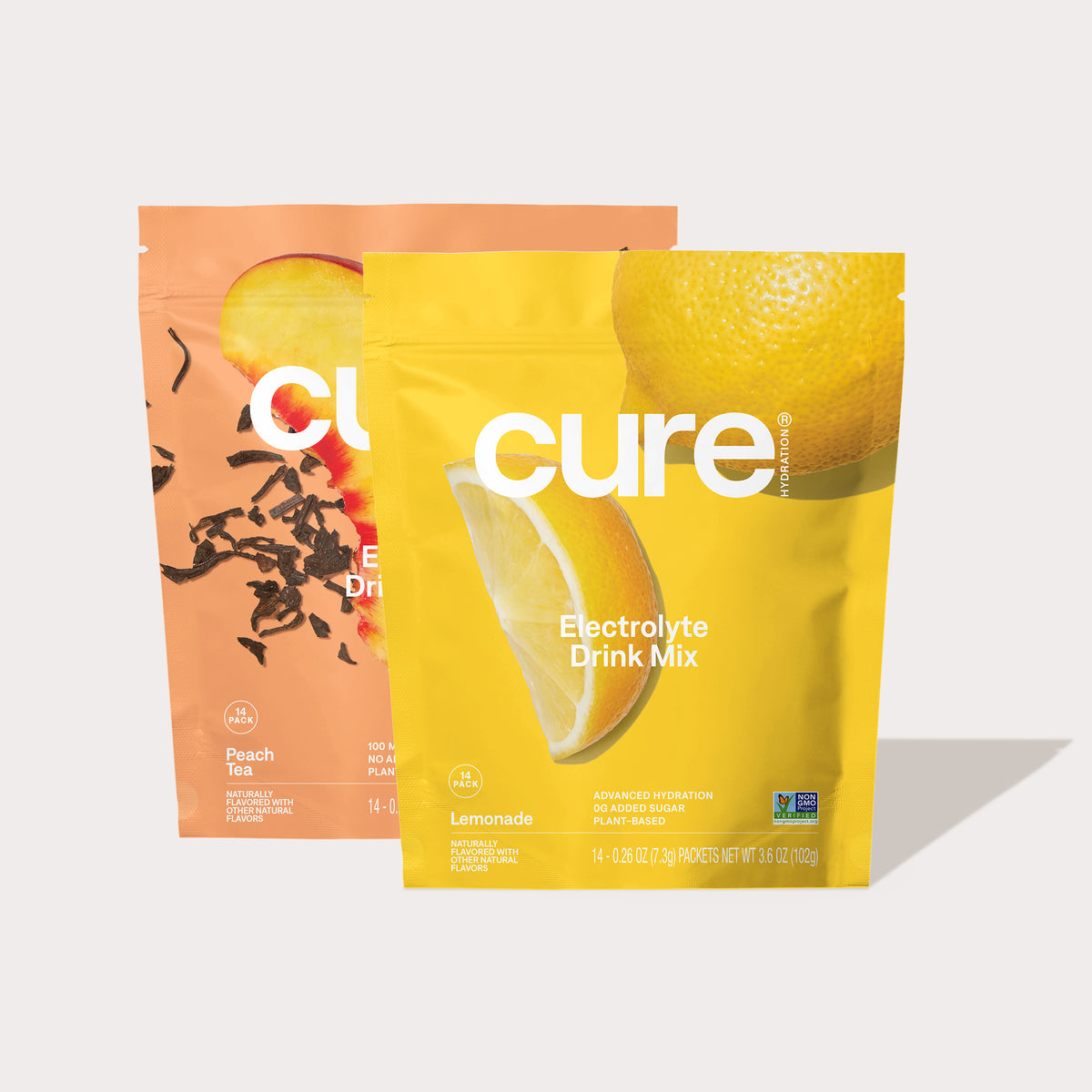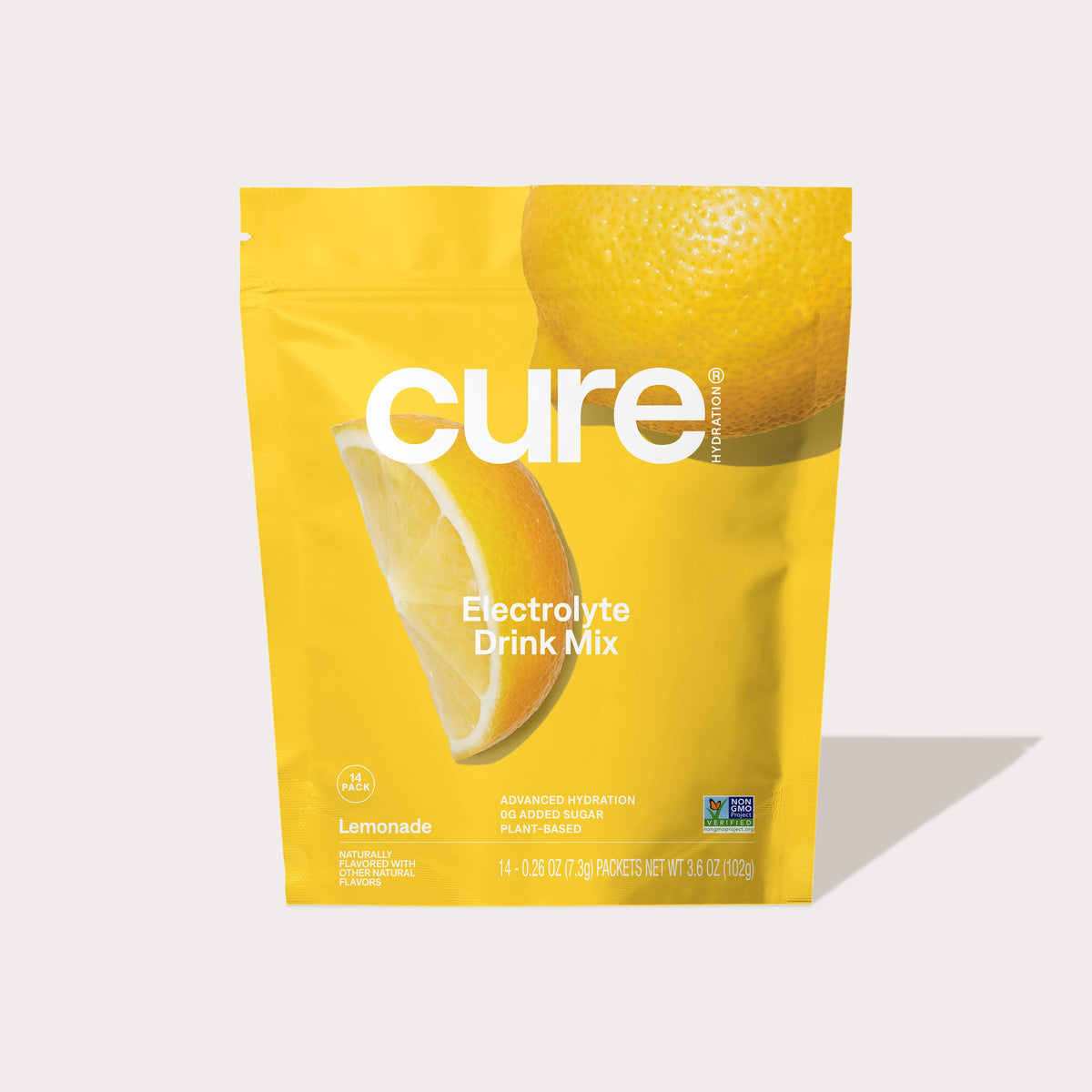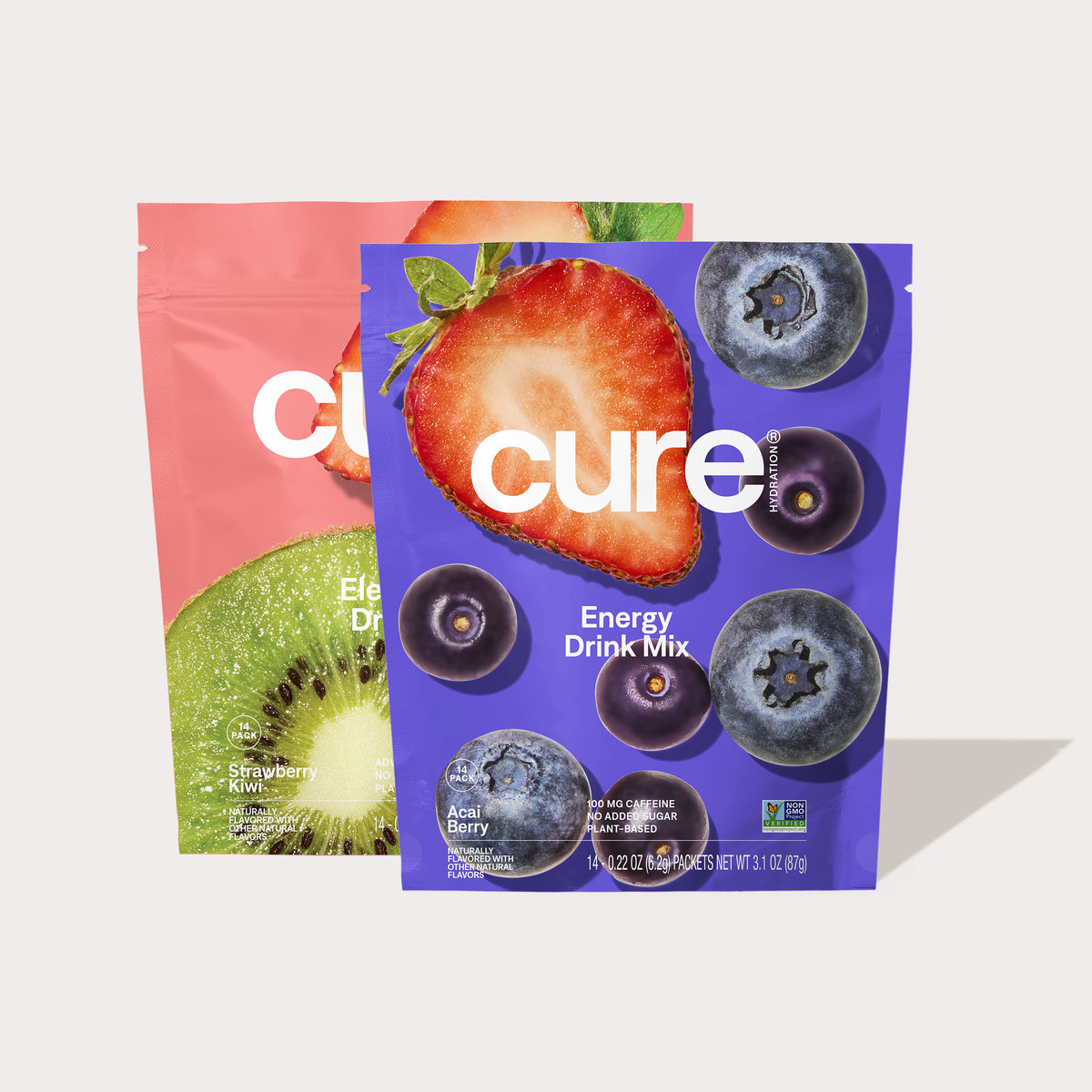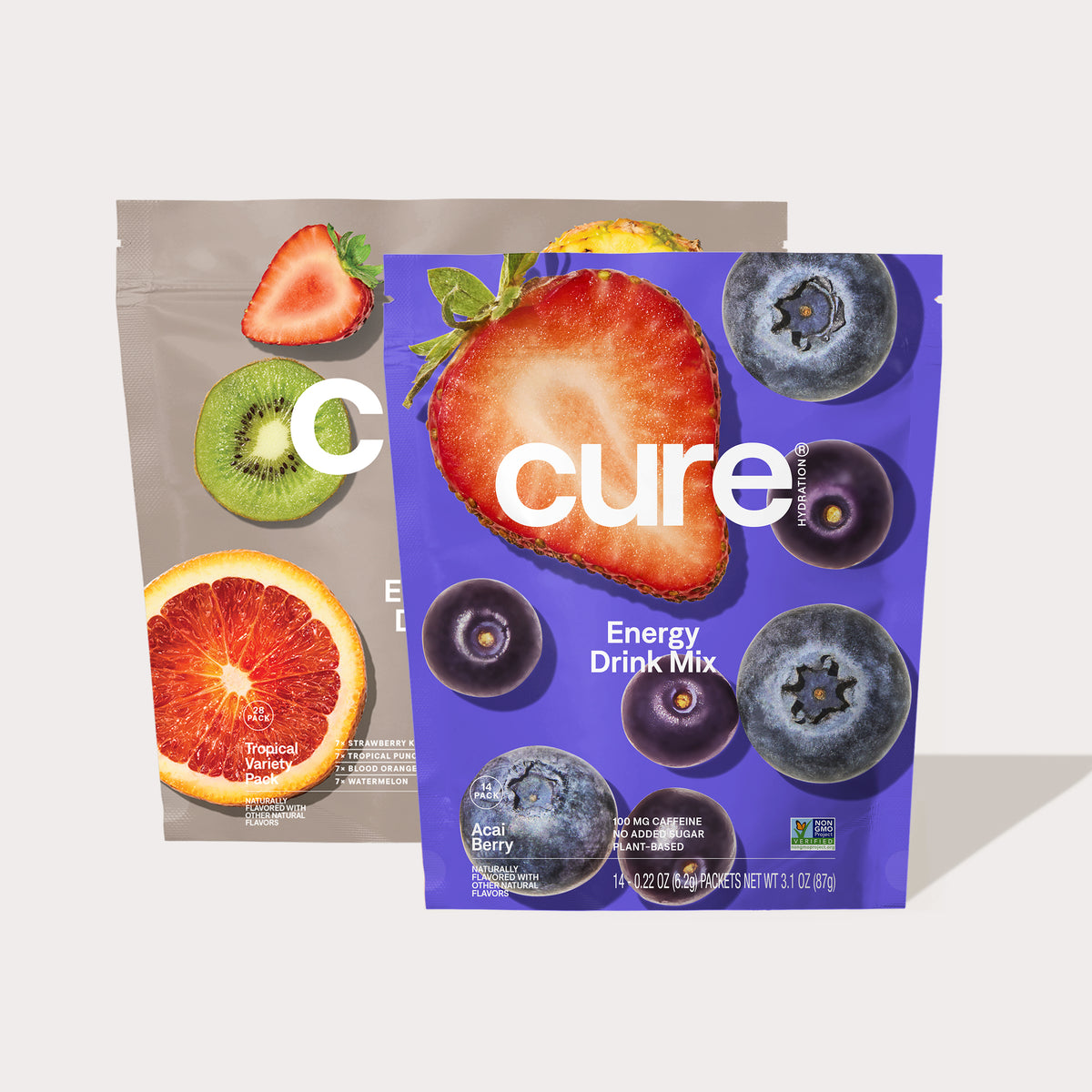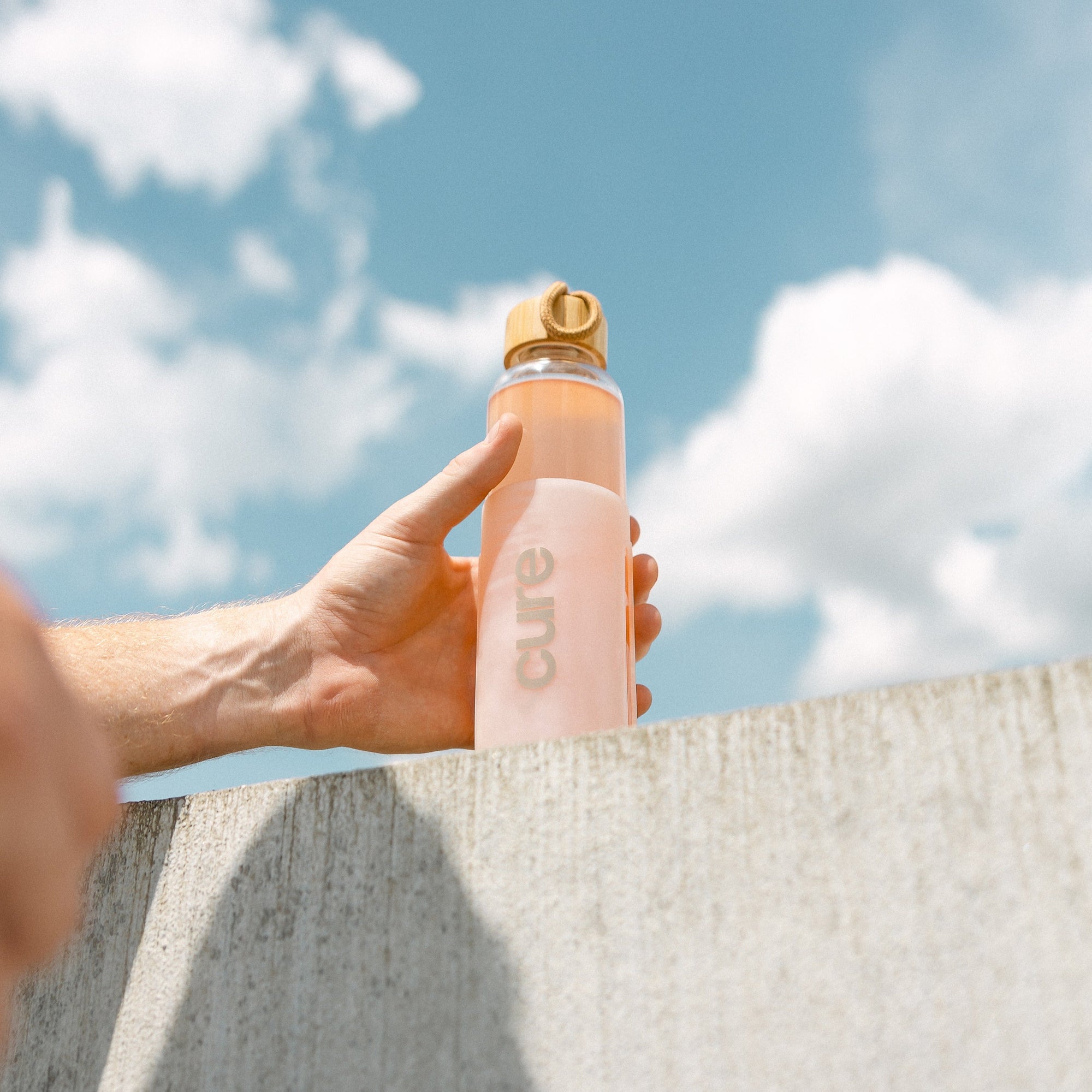We recently sat down with Registered Dietitian, Sarah Lynn Quick, for a Q&A on energy, caffeine, and how to make smarter choices when reaching for a pick-me-up.
Sarah Lynn Quick is the Founder and CEO of Sarah Lynn Nutrition.
Sarah Lynn is a Registered Dietitian based in Syracuse, New York. After she received her BS in Dietetics from SUNY Oneonta, Sarah Lynn went on to receive her MS in Community Nutrition also from SUNY Oneonta.
Sarah Lynn has had experience in both acute and long-term care settings. Sarah Lynn’s true passion is nutrition counseling, in which she gets to transform people’s way of life through the power and knowledge of food and nutrition. She strongly believes in her ability to help clients discover a healthier and happier life without giving up the foods they love.
Aside from her passion for food and nutrition, Sarah Lynn enjoys spending quality time with family and friends, being active in fun ways, and traveling to new places all around the world.
What is caffeine’s role in the average person’s diet?
For the average person, caffeine is commonly used to boost energy levels and mental alertness. Many include it in their morning or mid-workday routine to help them feel more energized, or even out of habit. It can also be used by athletes to improve endurance, which is why many people consume caffeine prior to a workout. While caffeine is not necessary to be included in the diet from a nutritional perspective, it can have health benefits when used mindfully. Like anything, overuse can have drawbacks, and some experts argue that reliance on caffeine is common, especially when tolerance builds or withdrawal symptoms appear. That said, when consumed in moderation and as part of a balanced routine, caffeine can be a powerful tool to enhance focus, performance, and energy throughout the day!
Why do so many people feel low energy during the day, even if they’re getting enough sleep?
There are many reasons why people may have low energy regardless of getting enough sleep. Some of the most common reasons include nutrient deficiencies, inadequate consumption of calories or the right macronutrients, high stress, lack of movement, caffeine timing or dependence, poor quality of sleep, or underlying medical conditions such as sleep apnea, hypothyroidism, or hormone imbalances. The real question is, how do you keep your energy levels up other than a good night’s sleep!
Make sure to consume balanced meals at regular intervals throughout the day to keep blood sugar levels stable and avoid energy crashes. Other nutrients that can contribute to poor energy if low include iron, vitamin D, vitamin B12, and magnesium. Poor sleep quality can be influenced by many factors, including using screens before bed, sleep environment, sleep apnea, blood sugar fluctuations, eating too close to bedtime, alcohol consumption, and drinking caffeine too late in the day. While caffeine can disrupt the body’s natural circadian rhythm if overused or mistimed, when consumed earlier in the day and in moderation, it can be an effective and safe way to support energy, alertness, and mental focus.
What’s the difference between a quick energy boost and sustained energy throughout the day?
A quick energy boost provides a short-term spike in energy or mental alertness that sets in quickly (from minutes to an hour) and may last up to a couple hours. This can come from things like caffeine, sugar, or adrenaline from things like stress, excitement, or urgency. This energy boost can be useful in temporary situations, such as completing an urgent or difficult task or a workout. However, the effects generally wear off quickly and, depending on the ingredients you’re consuming, may leave you feeling like you’re crashing!
Sustained energy is a stable, consistent energy that lasts throughout the day. It may feel like a less dramatic energy boost, but it won’t leave you feeling like you’re crashing after a few hours. This is more ideal for overall productivity levels, improved mood, and better overall well-being. This can be obtained from balanced meals (with adequate protein, fiber, healthy fats, and complex carbs), consistent sleep quality and timing, physical activity, adequate hydration, sun exposure (especially in the morning), and stress management practices.
Used strategically, quick boosts (like caffeine) can complement your routine and help power you through key moments, especially when paired with habits that support sustained energy.
What are some signs that your body might be running low on energy?
Physical signs your body might be running low on energy include yawning, sluggishness or slow movement, tiring quickly during physical tasks, craving sugar or caffeine, dizziness or lightheadedness, cold hands and feet, or headaches. Signs may also show up mentally or emotionally - brain fog or difficulty thinking clearly, poor concentration or memory, low motivation, irritability or mood swings, low stress tolerance or anxiety. You may also engage in different behaviors when low on energy, such as increased food cravings or constant snacking or grazing.
How does the source of caffeine—like black tea versus synthetic caffeine—affect how it feels in the body?
The other compounds in a caffeine source influence how it’s absorbed and metabolized - which influences how it feels in the body. Black tea combined with L-theanine, an amino acid that promotes calmness and focus results in a less jittery, more focused alertness. Black tea is also gentler due to its lower amount of caffeine. Synthetic caffeine (in energy drinks, pre-workout, soda, caffeine pills) is rapidly absorbed, leading to a fast and intense energy spike. This is more likely to lead to jitters, anxiety, and a crash. It’s also often combined with other ingredients such as sugar and other stimulants (taurine, guarana) which can amplify the effects - without anything to provide balance to this such as L-theanine. Coffee is more of a middle ground - it’s still a natural source, however is generally higher in caffeine than tea. It can cause jitters and anxiety in sensitive people, not to the extent of synthetic caffeine, but enough that you want to consider the quantity you are consuming!
What should people know about the ingredients commonly found in energy drinks and sodas?
Many of the ingredients in energy drinks and sodas are safe in moderation, but consistent long term use or combining them with other substances can stress your nervous system. This can especially affect sensitive individuals or those using it along with alcohol or exercise. One energy drink can also contain high amounts of caffeine - as much as 3-4 cups of coffee! It’s important to read the label to know how much caffeine you’re consuming. Keep in mind that guarana, an ingredient in some energy drinks, contains natural caffeine that is often not included in the caffeine content on the label. Many also contain artificial ingredients such as refined sugar, high fructose corn syrup, artificial sweeteners, artificial colors, and other preservatives that can have negative health effects as well as contribute to an energy crash after consumption.
Are there any common misconceptions about caffeine or energy drinks that you hear often?
One of the most common misconceptions about caffeine is that it “gives you energy.” This is actually not the case - instead, caffeine blocks adenosine, which is a chemical that makes you feel tired. Therefore, it may make you feel more alert, but you might still be running on an empty tank. Pairing caffeine with good nutrition and adequate hydration is key to feeling your best.
I’ve also heard that natural caffeine is “weaker” than synthetic caffeine. While you may experience a more drastic energy spike from a synthetic source due to the fast rate of absorption, you’ll likely experience a more significant crash in energy levels later. The caffeine molecule is the same strength whether from tea, coffee, or synthetic form - however the effects vary based on the source and the amount consumed.
Another misconception is that an energy drink is equivalent to coffee. Some energy drinks contain very high levels of caffeine and added artificial ingredients, while others use smarter combinations of natural caffeine, electrolytes, and functional ingredients designed to support energy without the jitters or crash. Not all caffeine is created equal. It’s important to read labels, understand the amount and source of caffeine, and consider what other ingredients are included. Think of caffeine as one piece of your overall nutrition and energy puzzle, how it fits in matters just as much as how much you’re getting.
How do you feel about sugar-free or “zero calorie” energy drinks? Are they a better choice?
Sugar free or zero calorie energy drinks may be a better option in certain scenarios, but I would not consider them a healthy choice. In a sense, they may be better for someone trying to lose weight or someone with diabetes. They may also result in a less dramatic crash in energy. However, the artificial sweeteners used in these drinks have known negative health effects when consumed regularly. These effects include alteration in the gut microbiome which can affect digestion and metabolism, increased appetite and cravings for sugar, and negative metabolic consequences - all of which can lead to weight gain regardless of the zero calories or sugar.
When do you typically recommend someone use an energy drink, if at all?
While I don’t typically recommend traditional energy drinks loaded with excessive caffeine and artificial ingredients, there are cleaner, more balanced options I do stand behind, like Cure Energy. While caffeinated drinks shouldn’t be your only or long-term source of daily energy, they can be beneficial in circumstances where one may need a boost in their short-term energy and mental focus such as tackling a major deadline, driving long distances, working a long shift, etc. Just be sure to choose options with clean ingredients and the right amount of caffeine for your needs. It’s all about finding the right balance and choosing products that fit into a healthy, sustainable routine!

